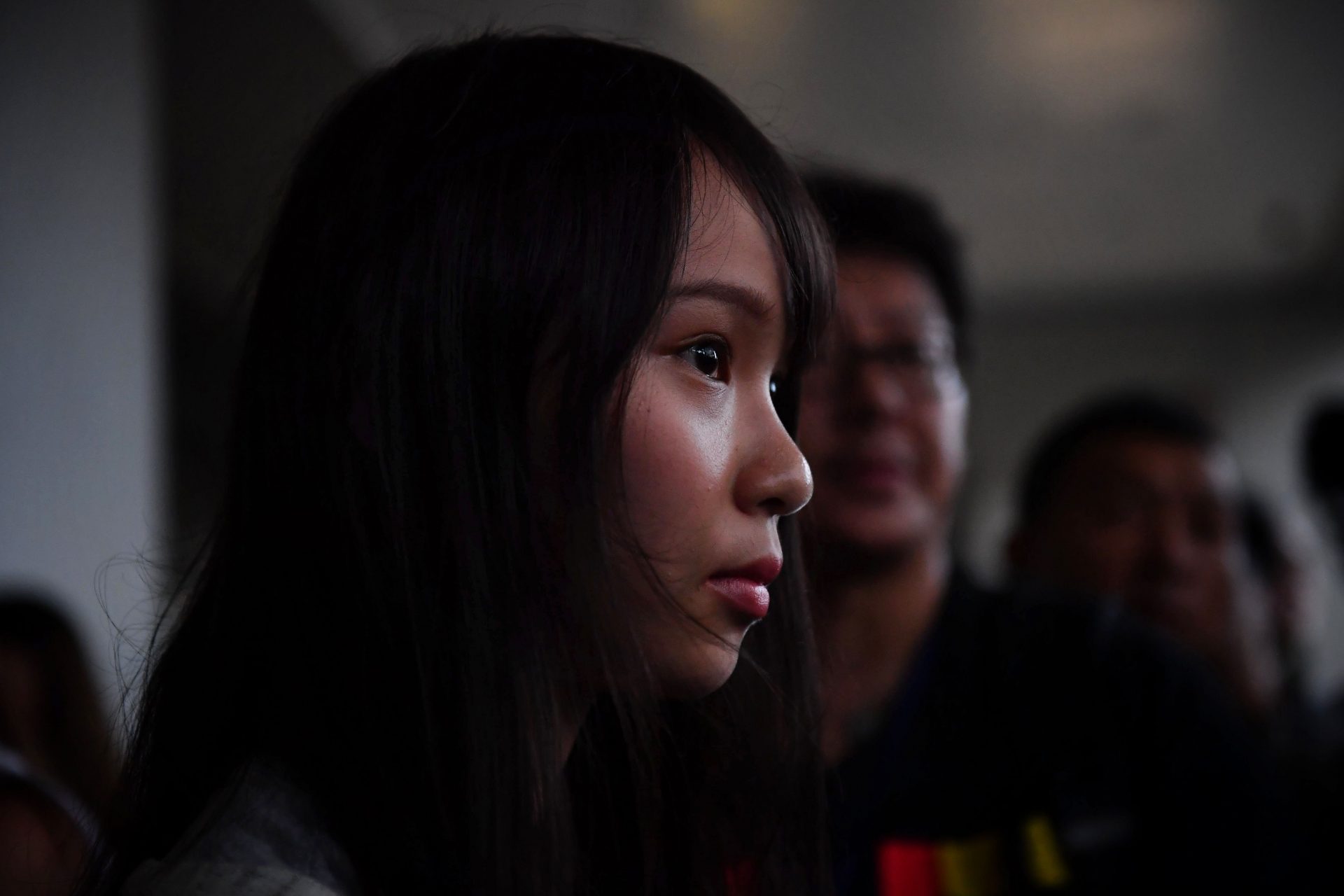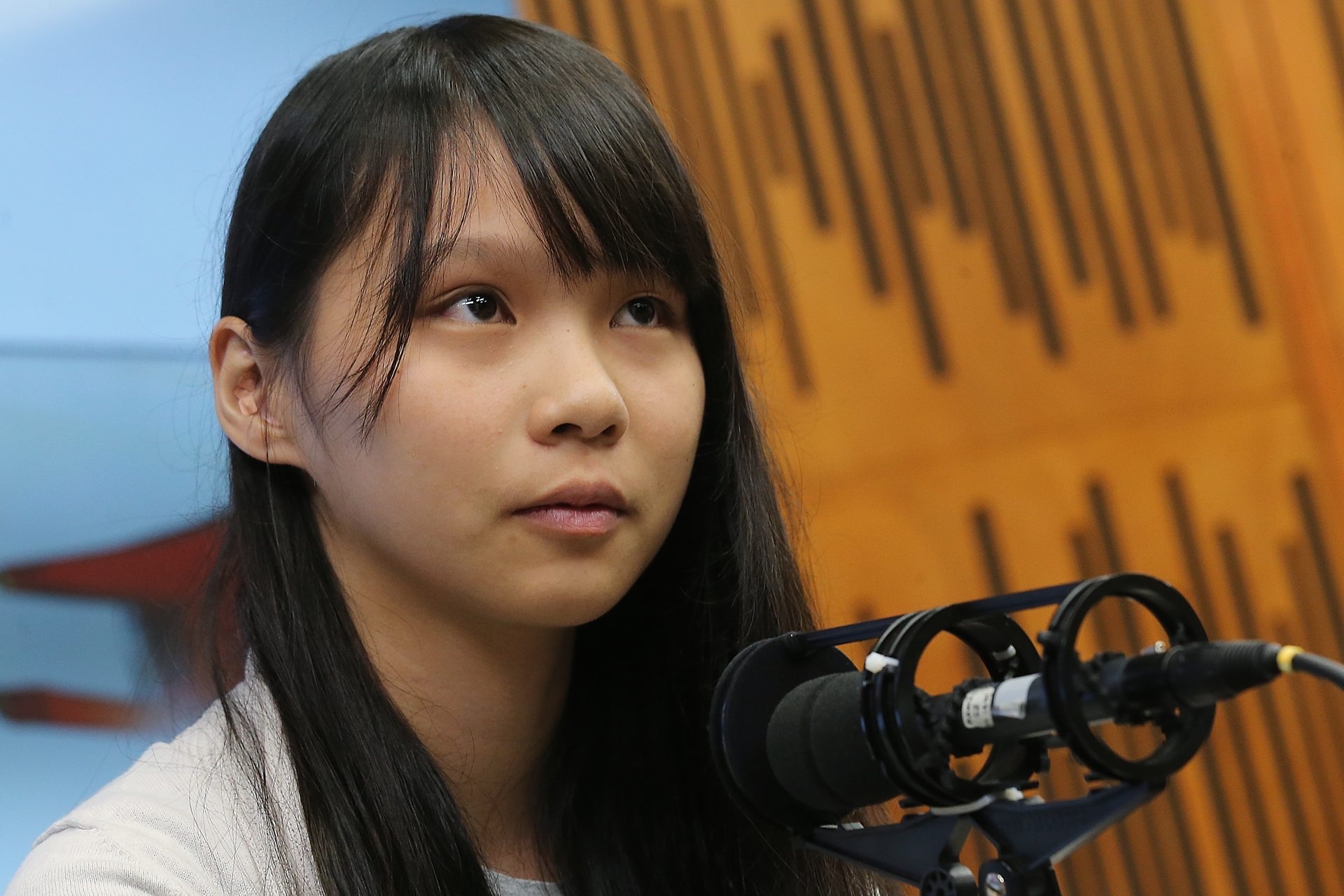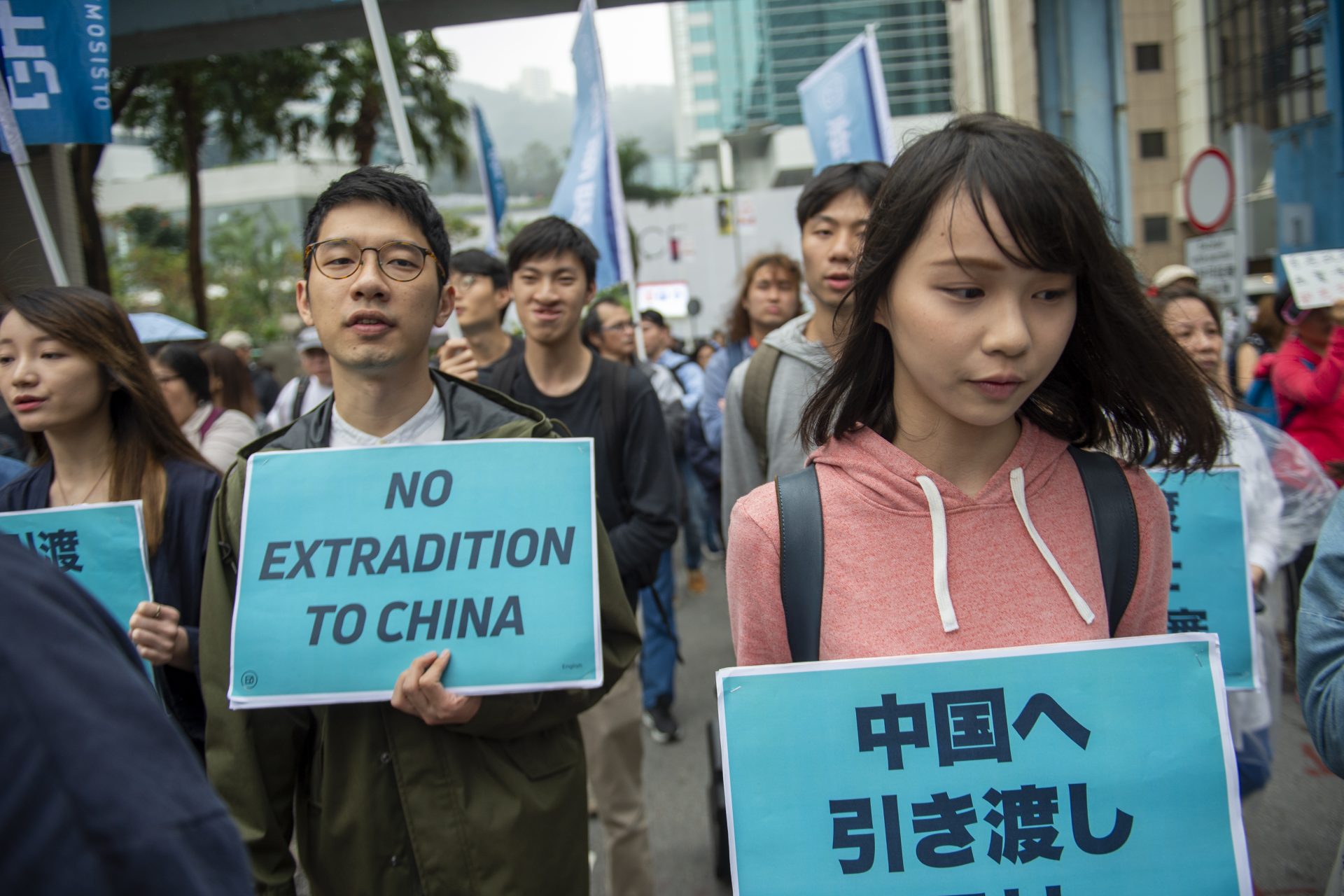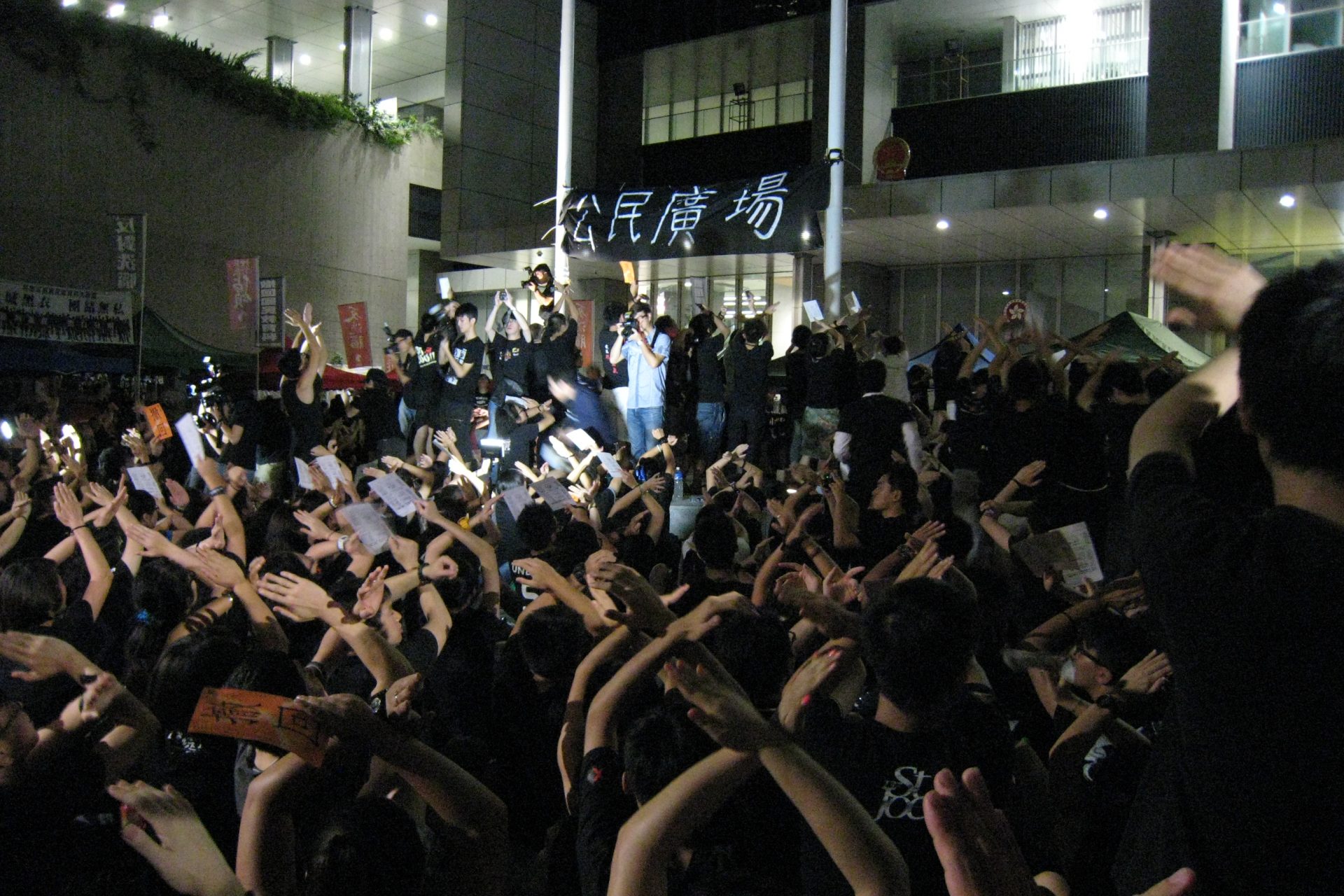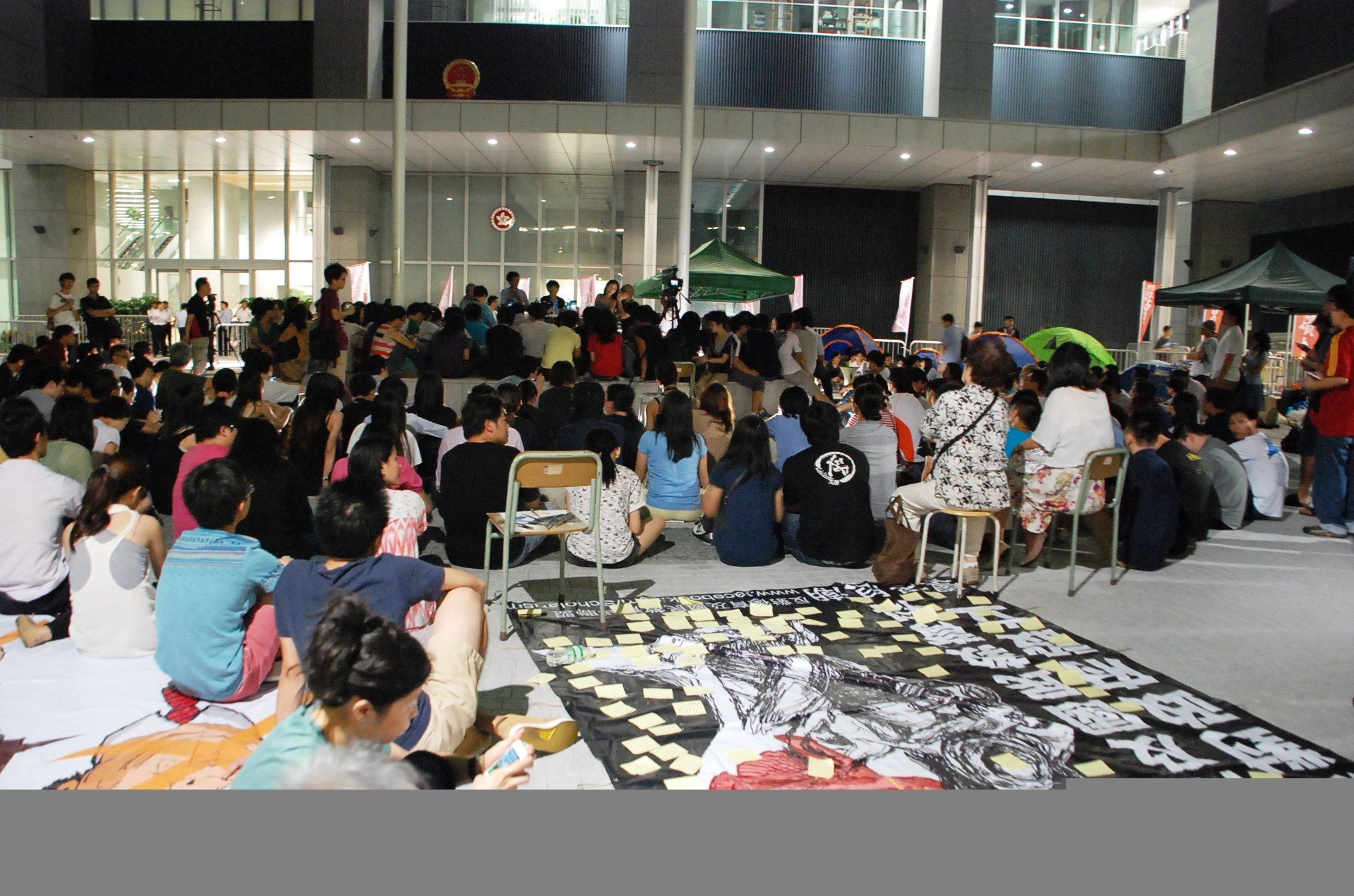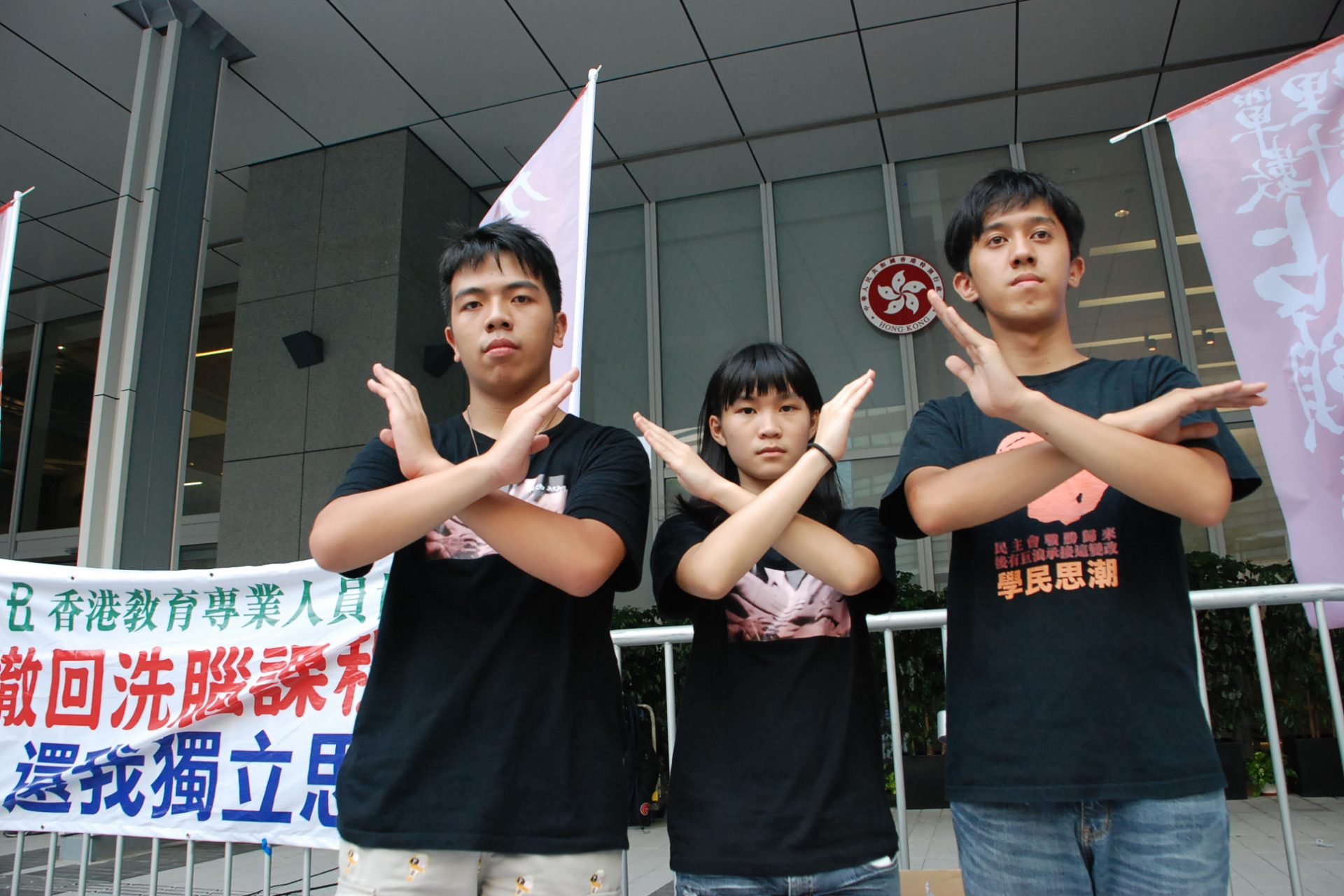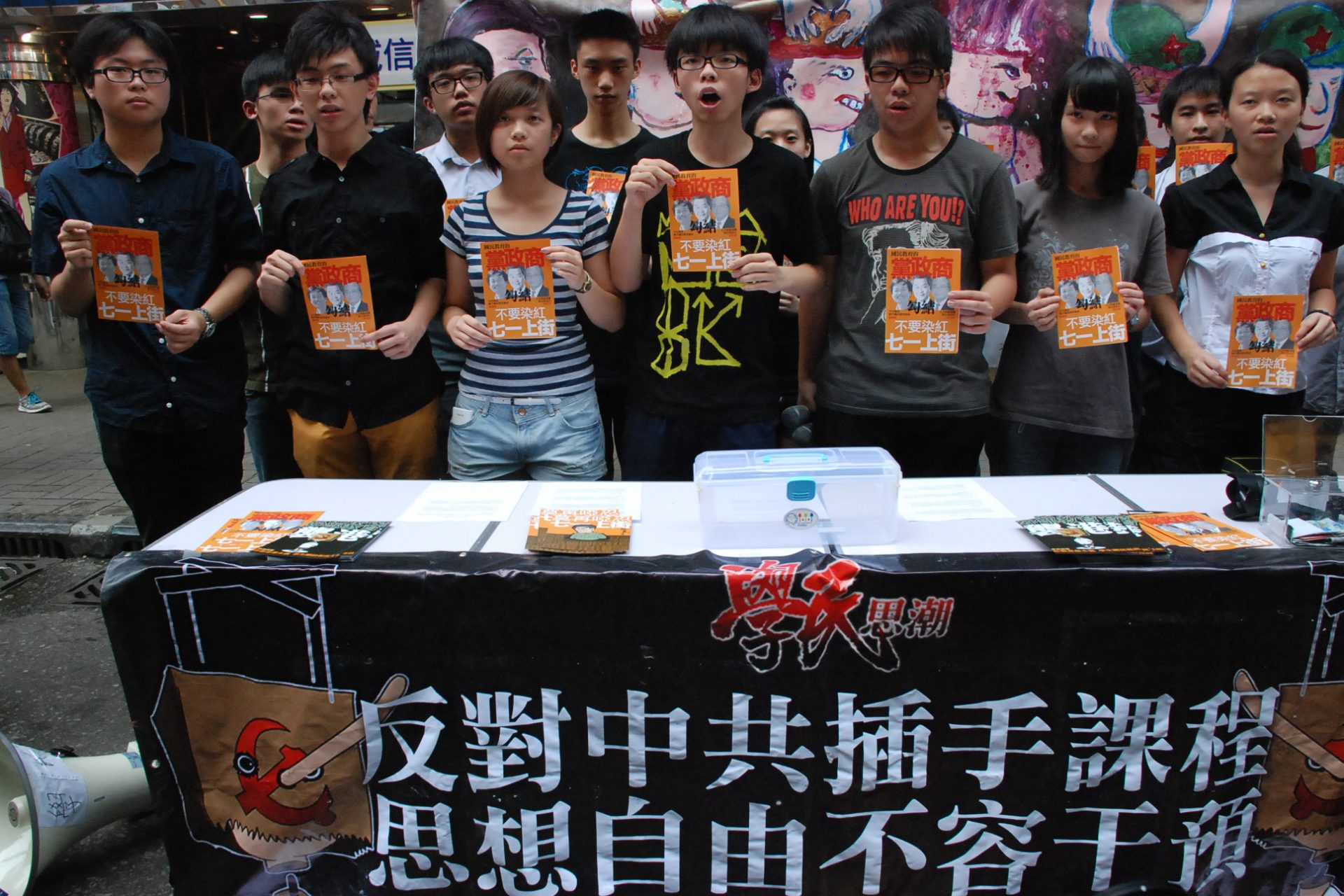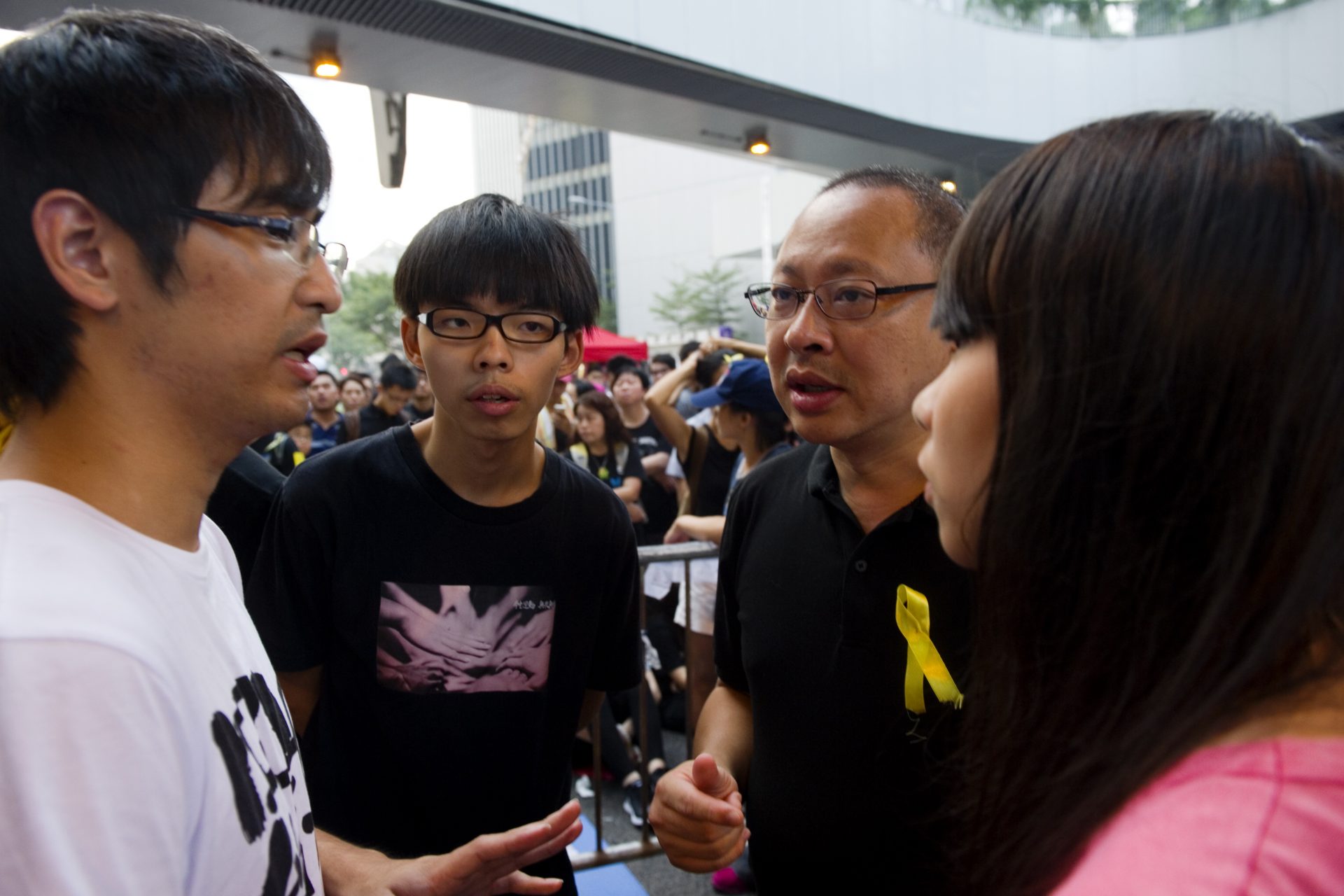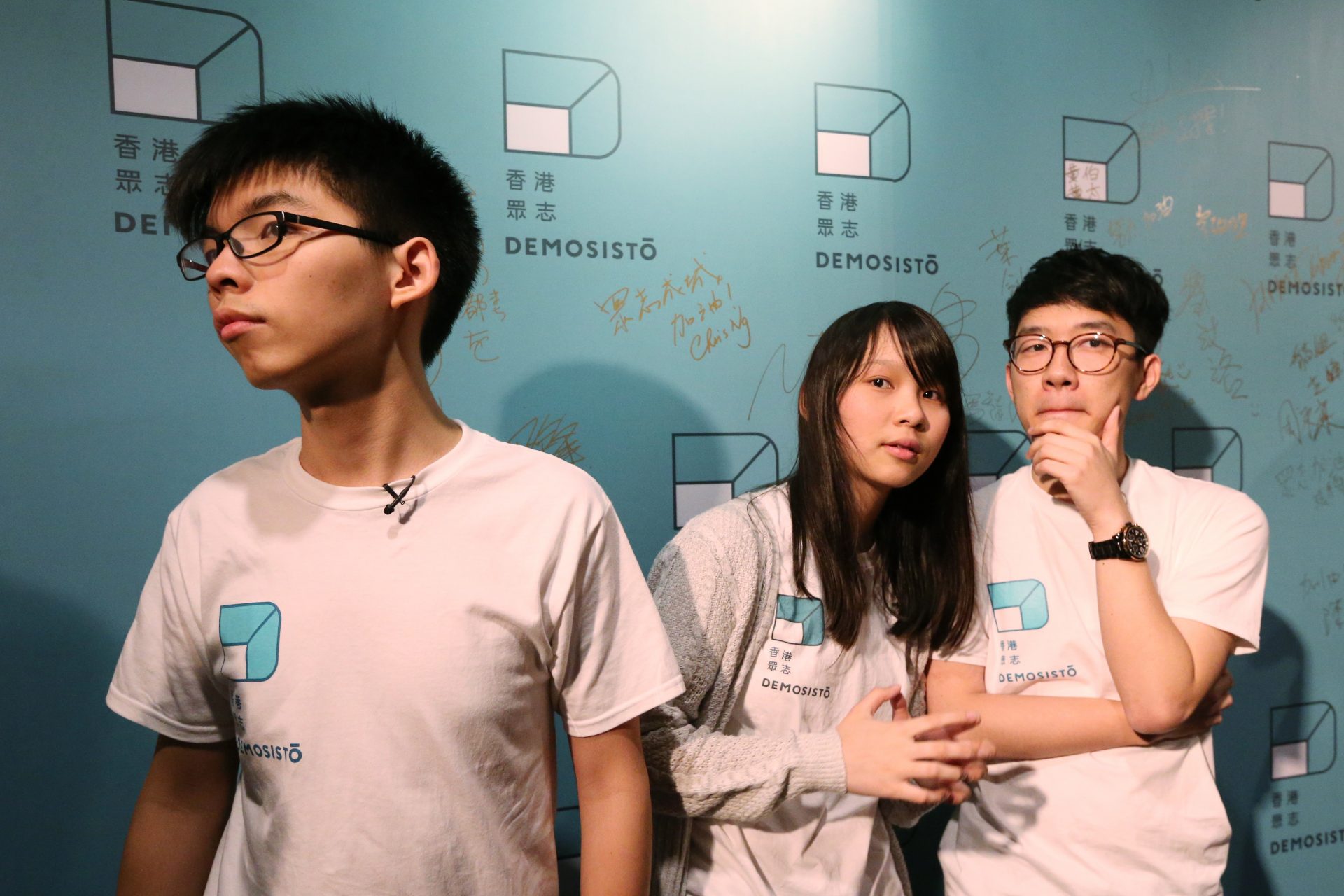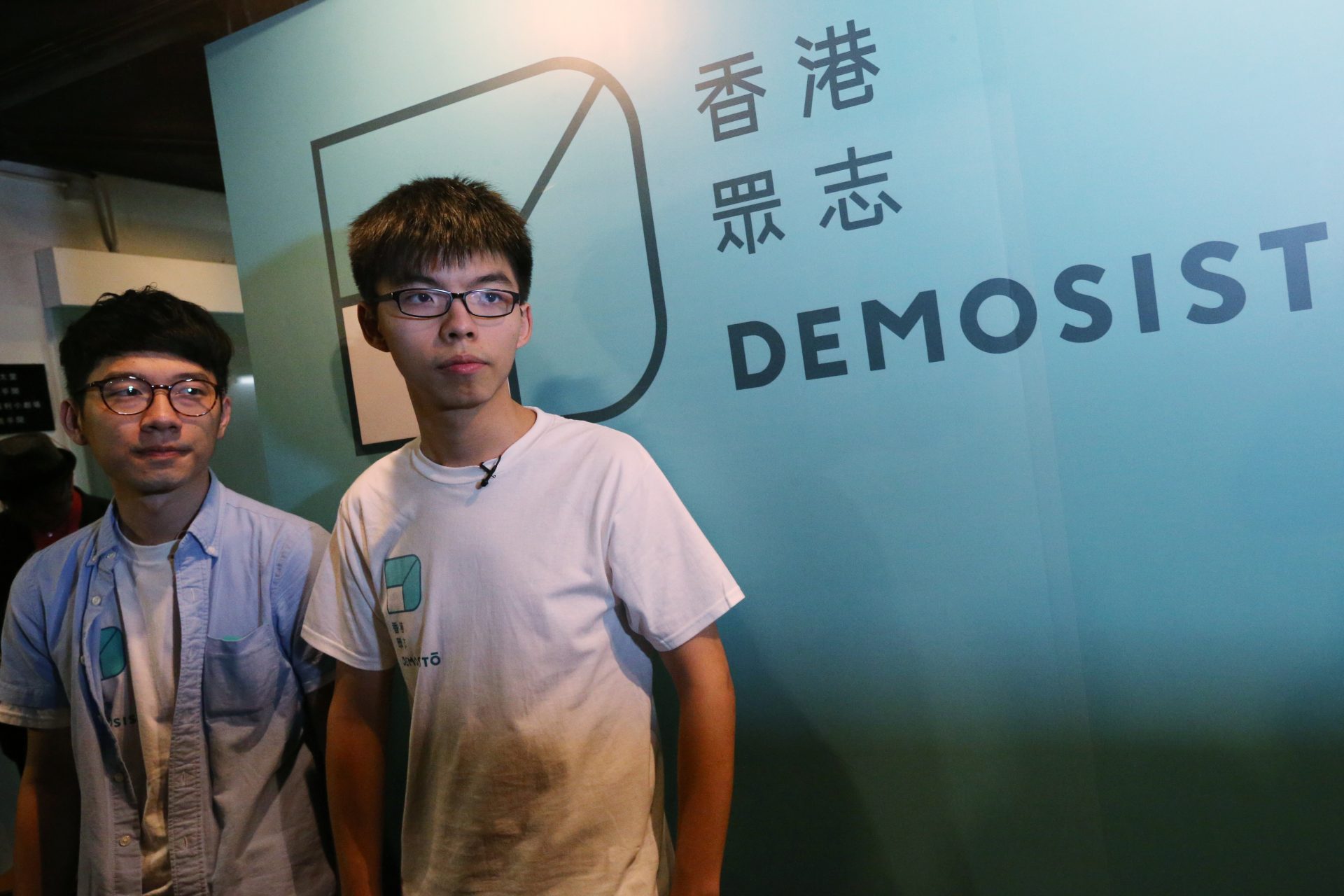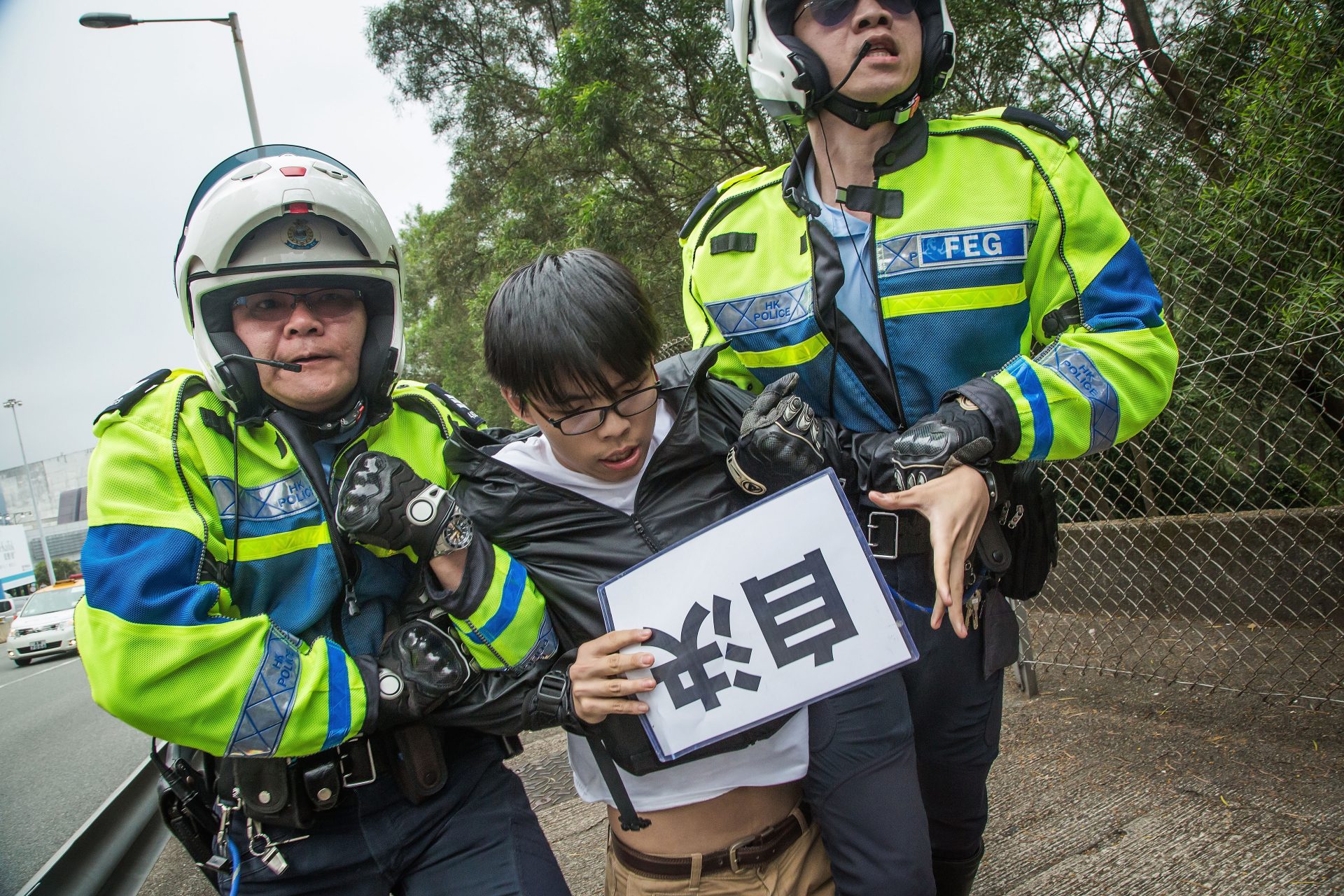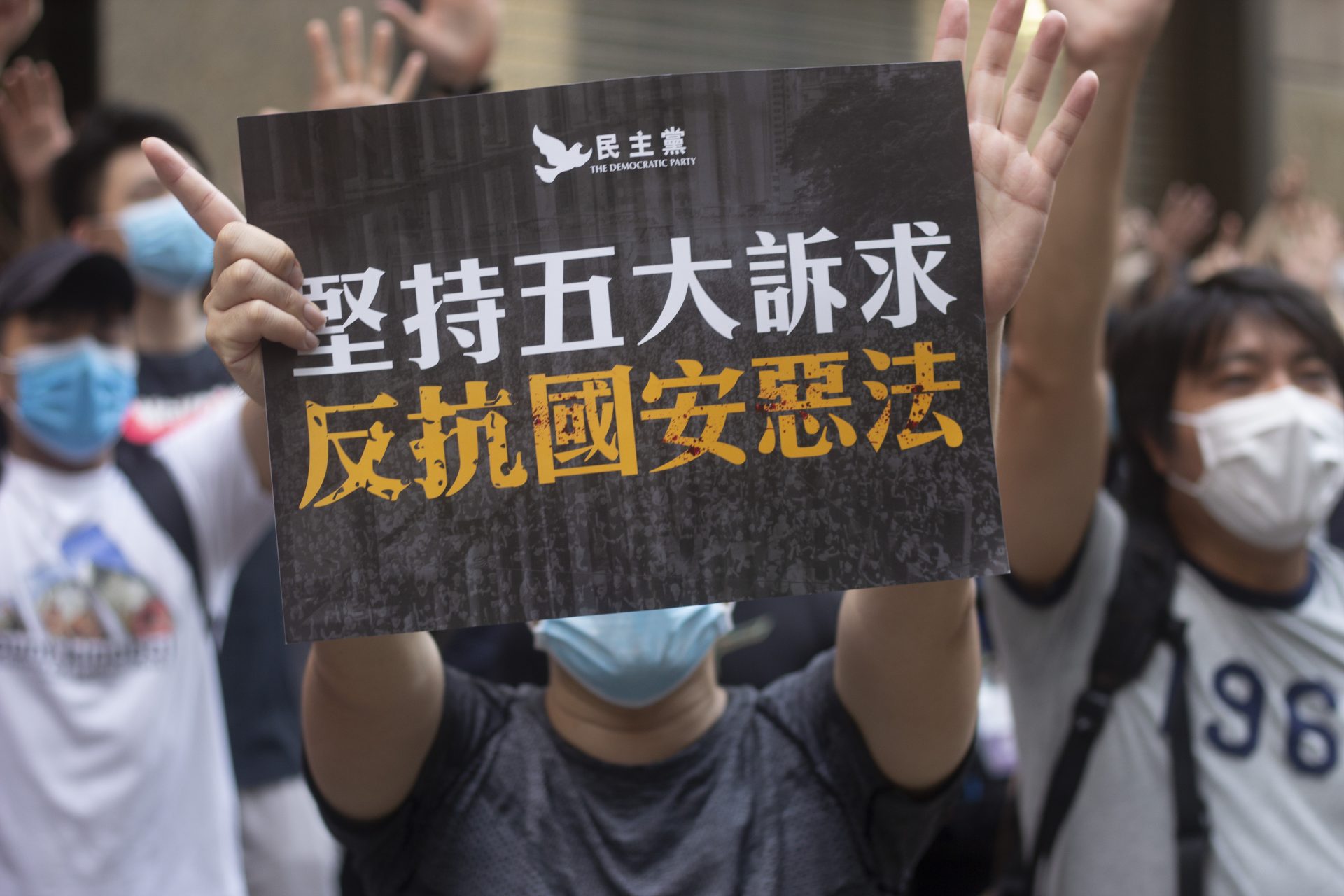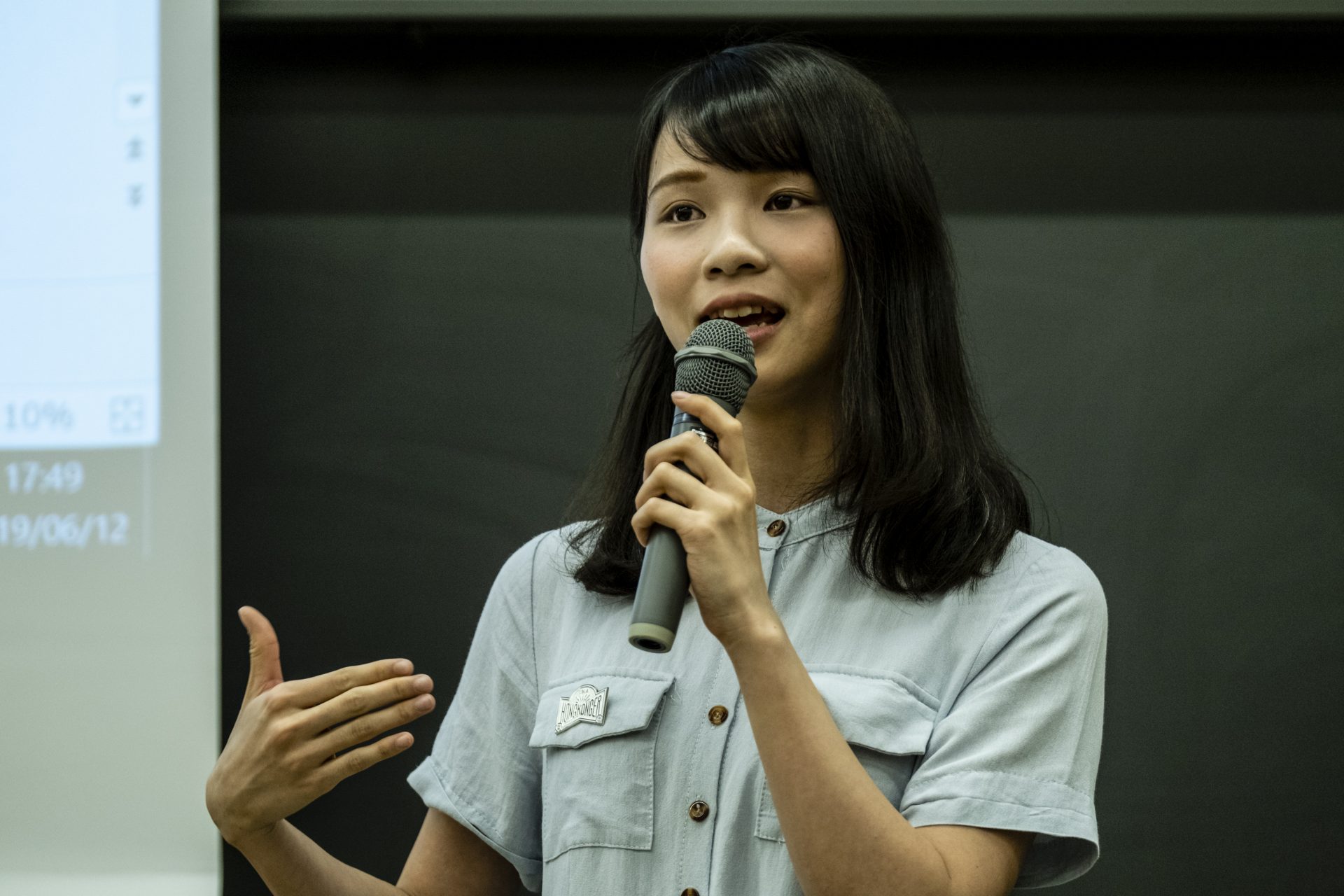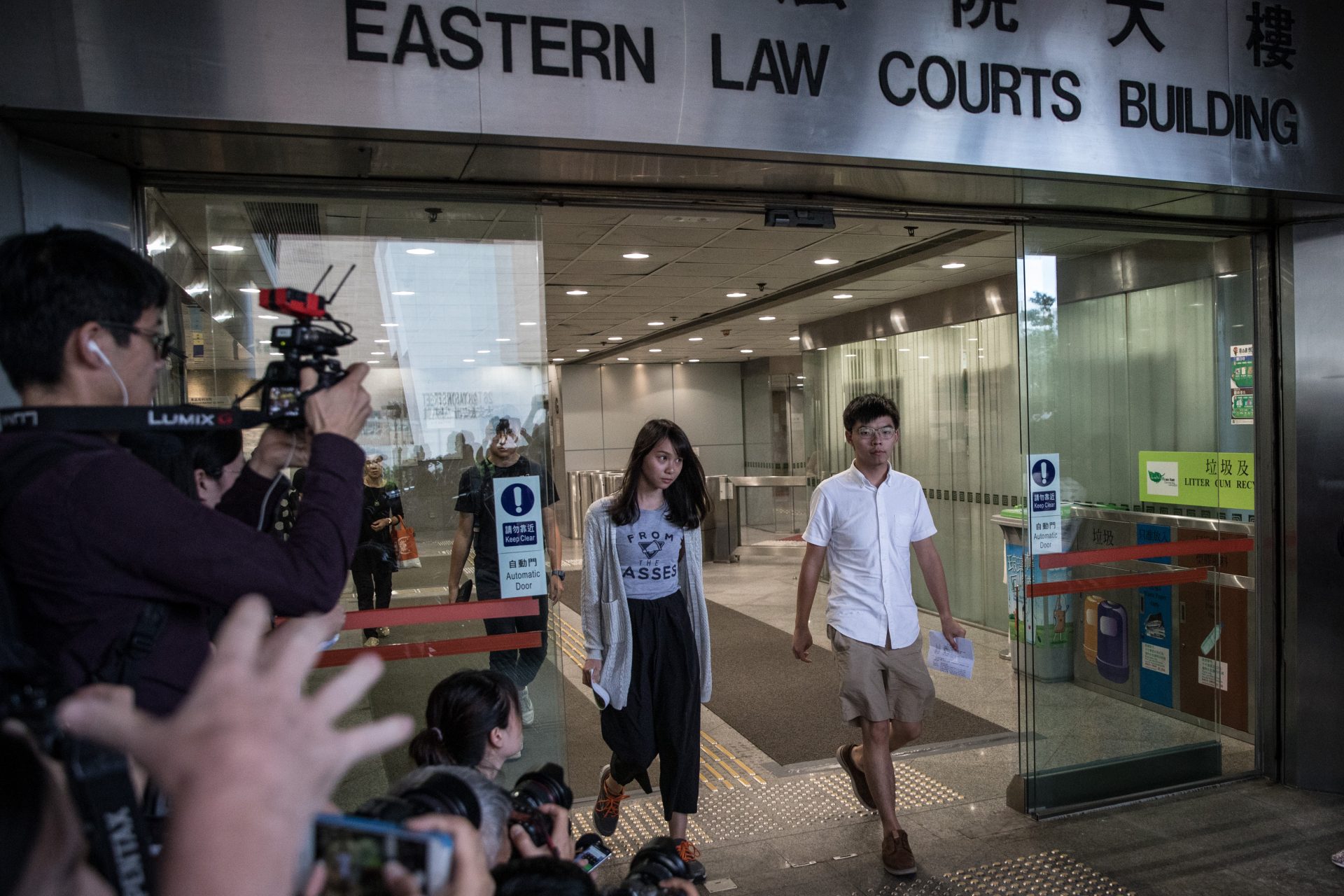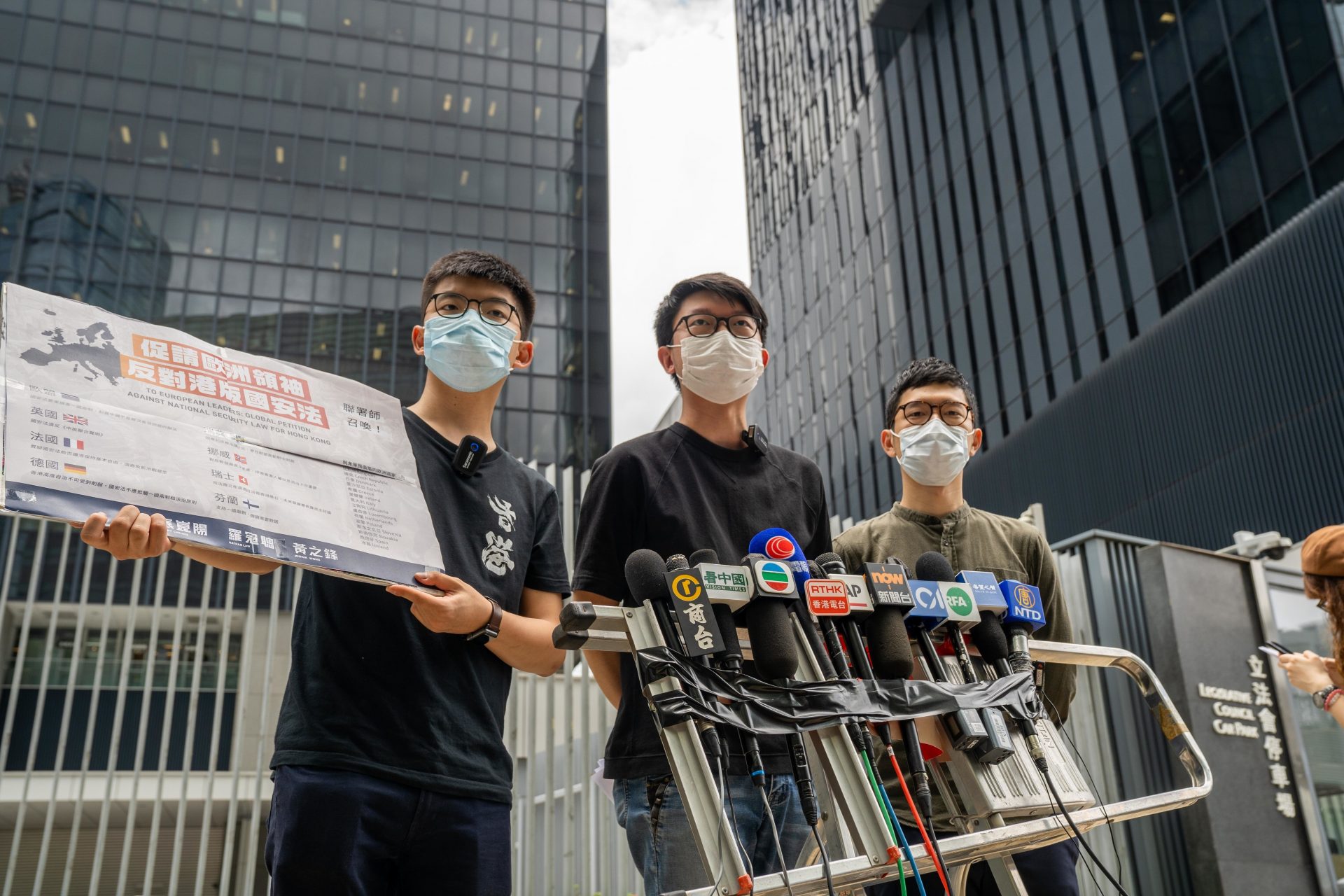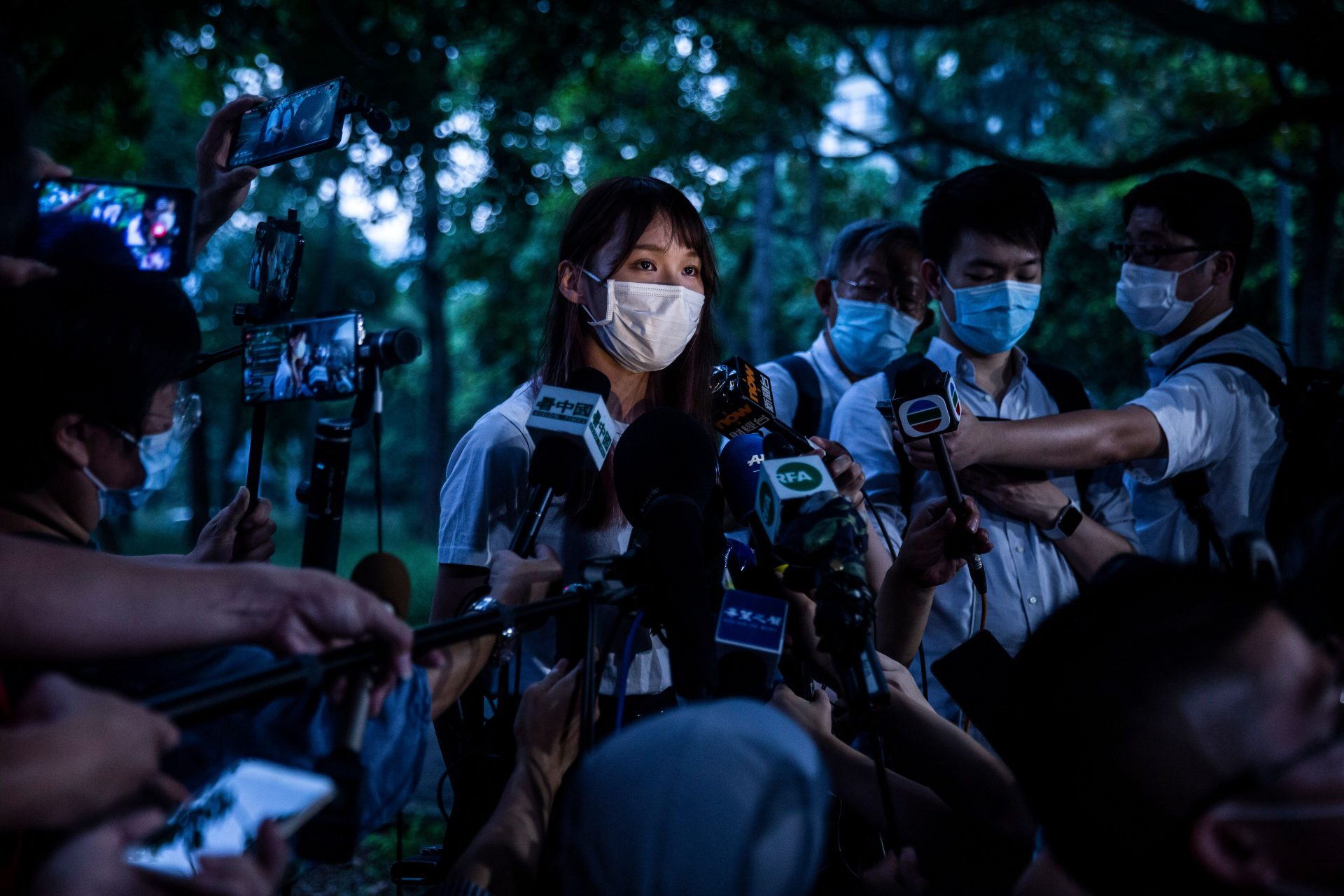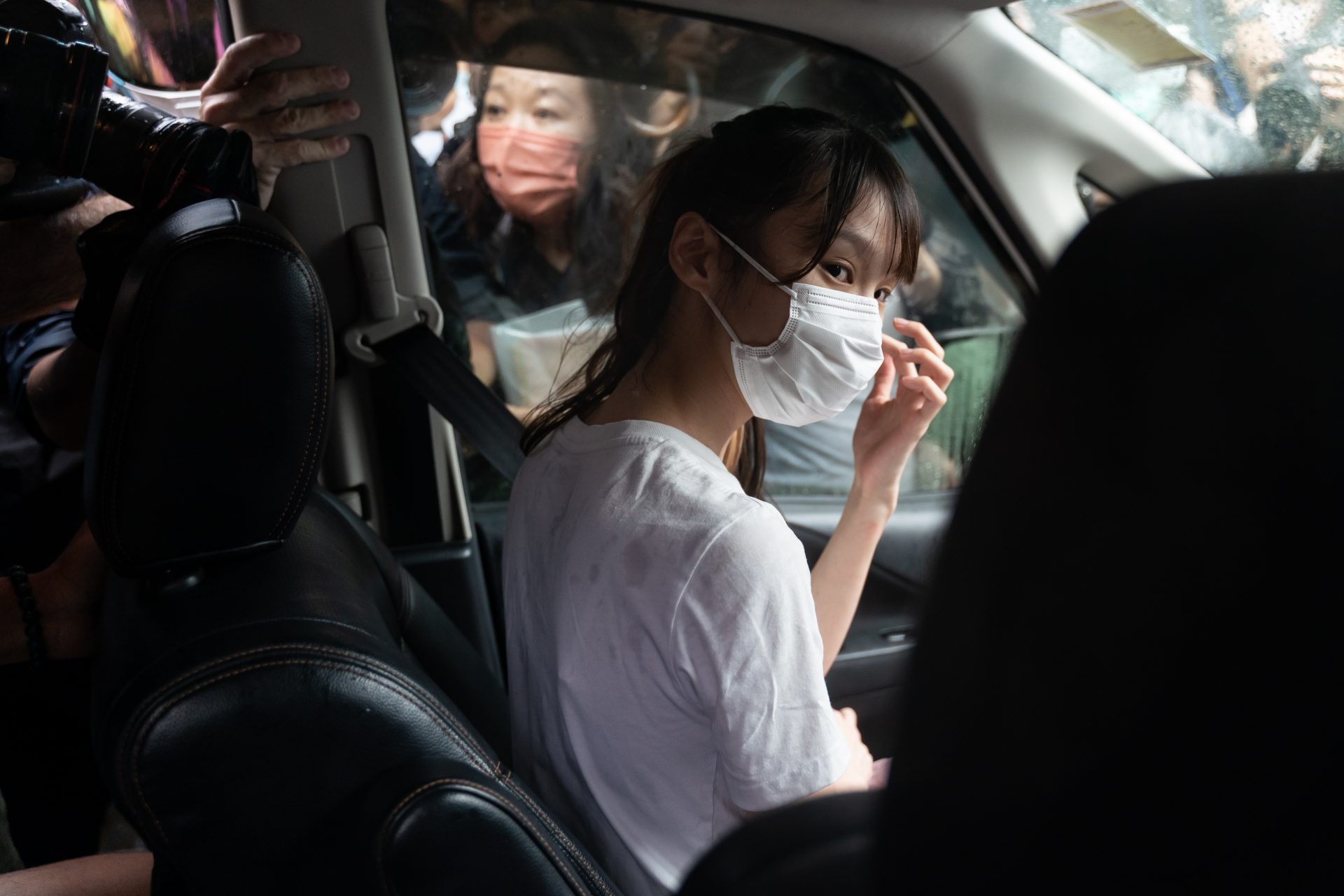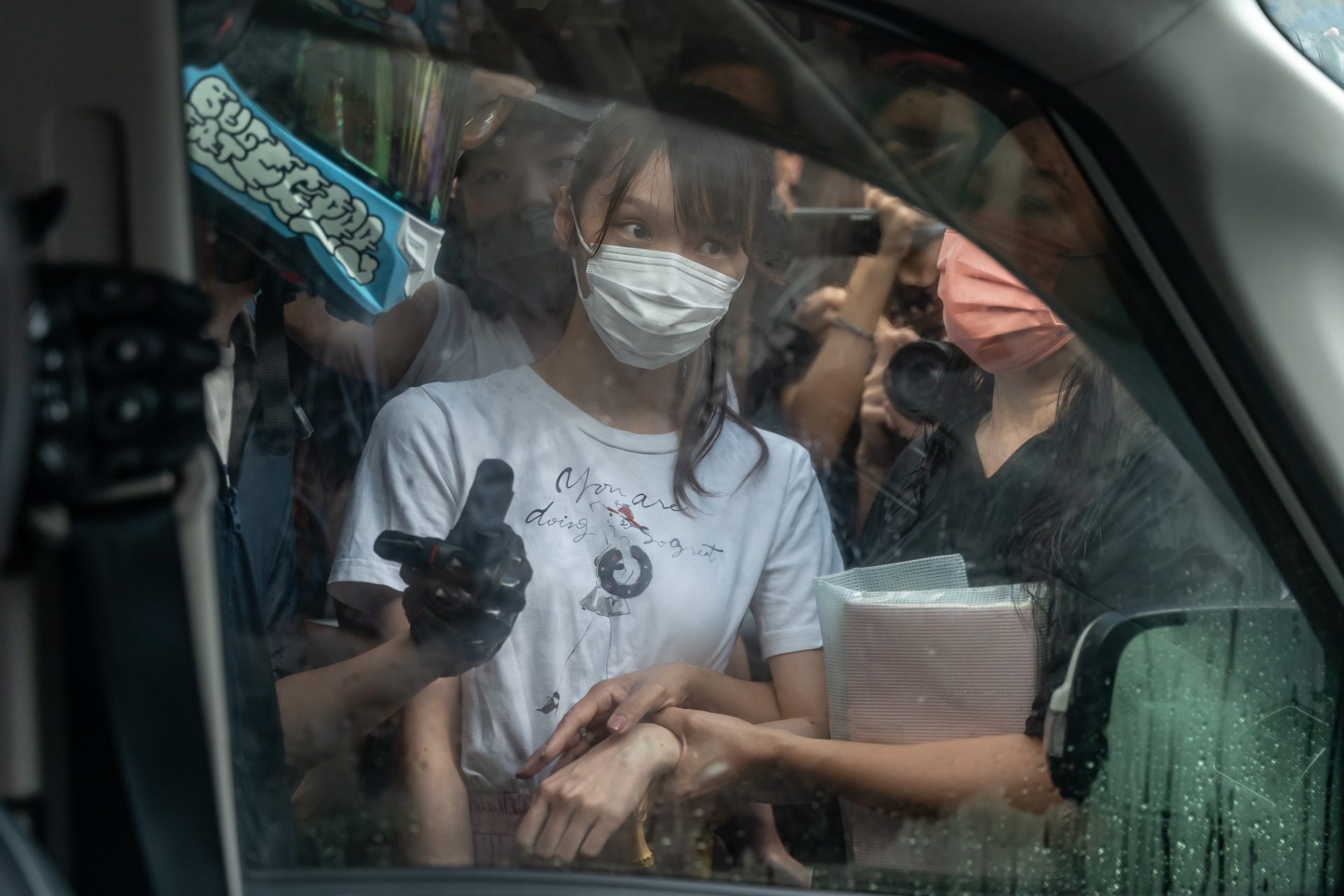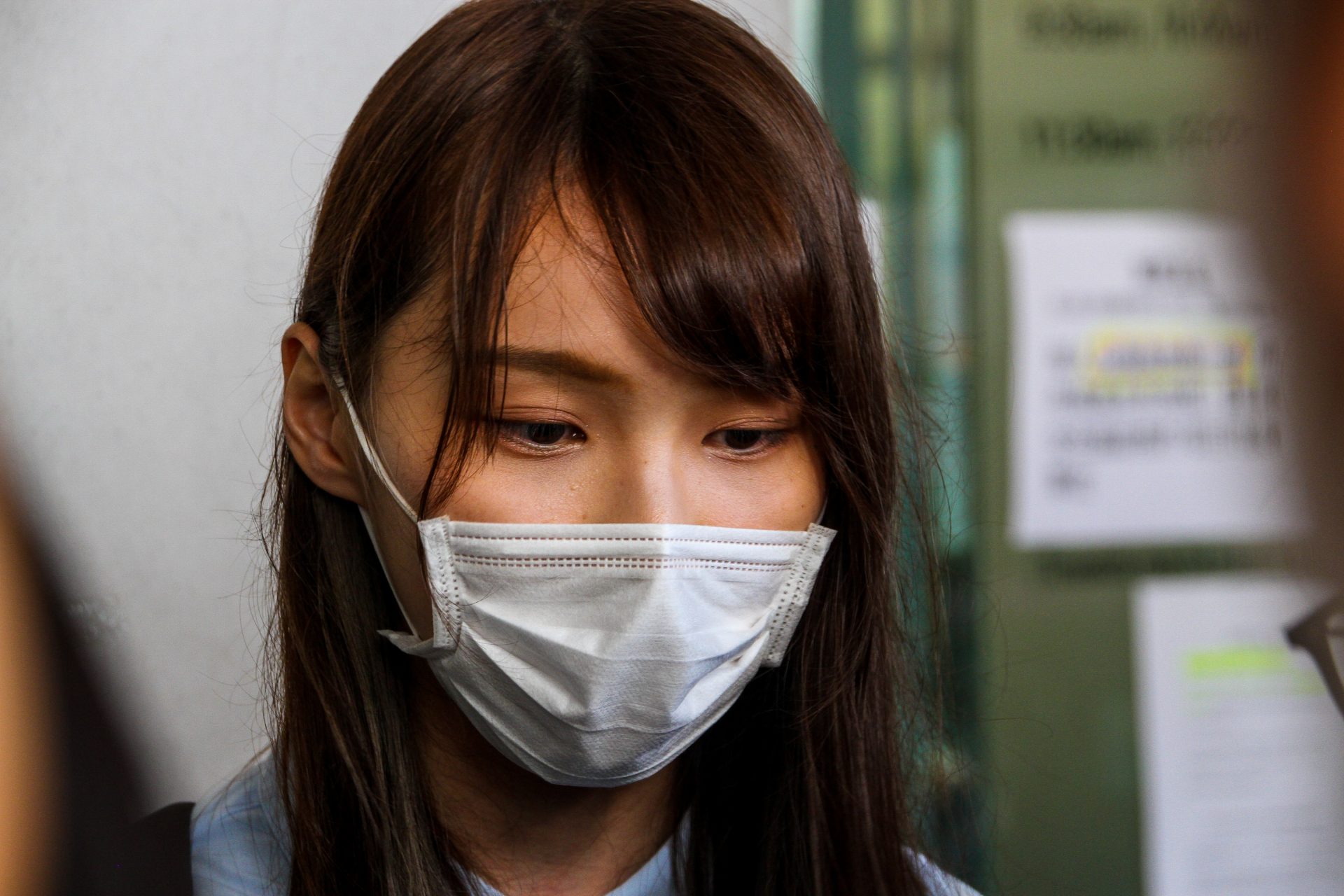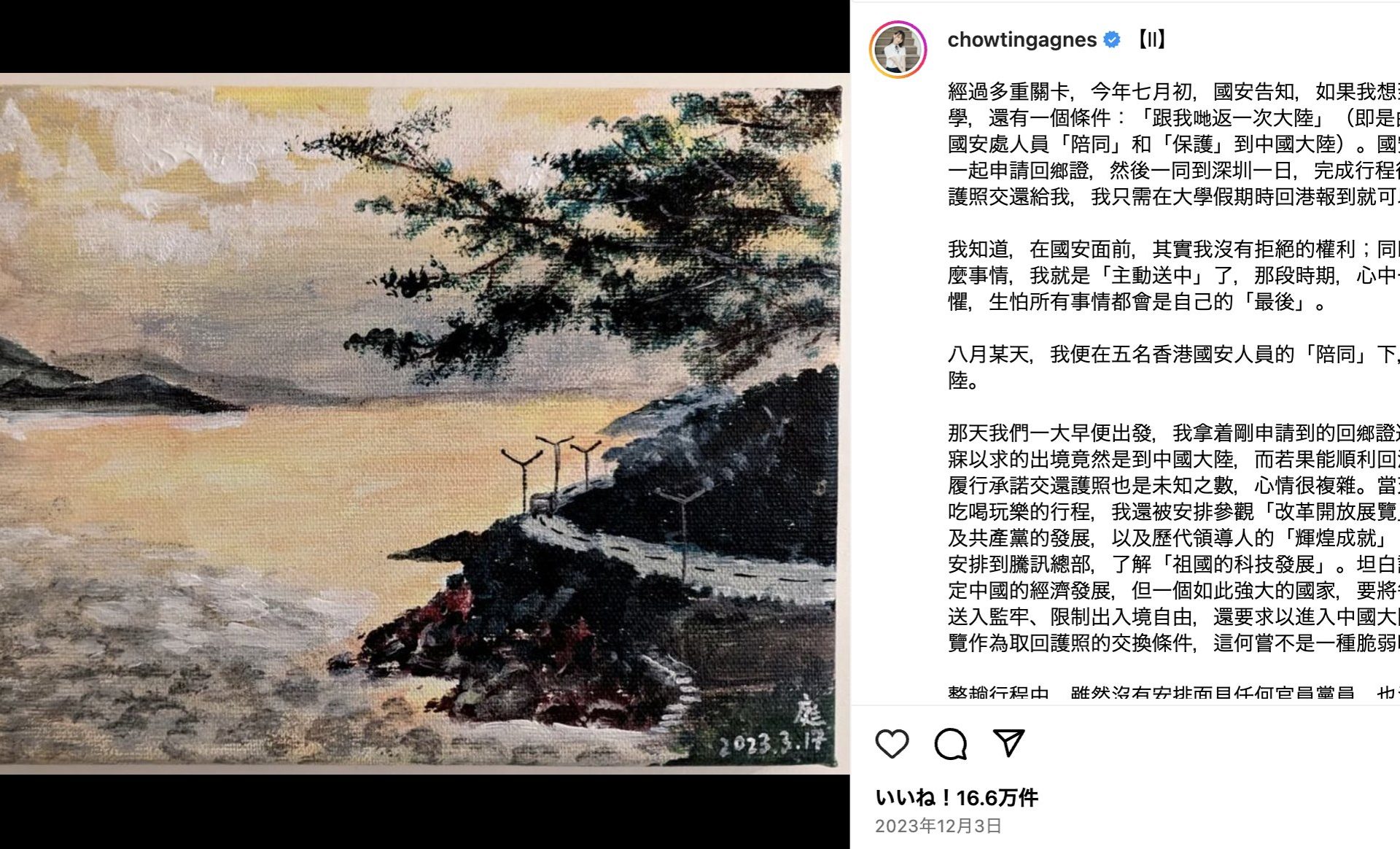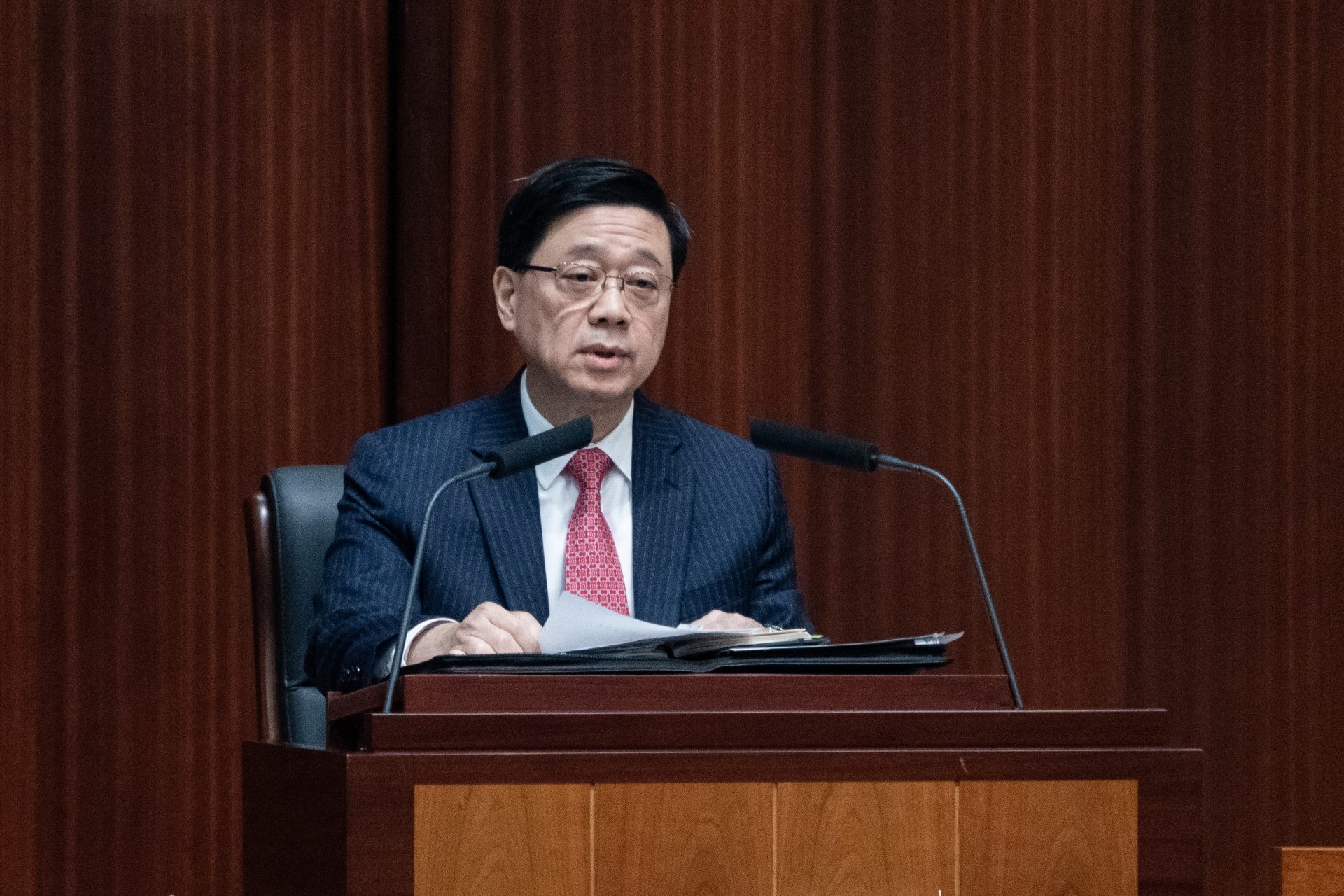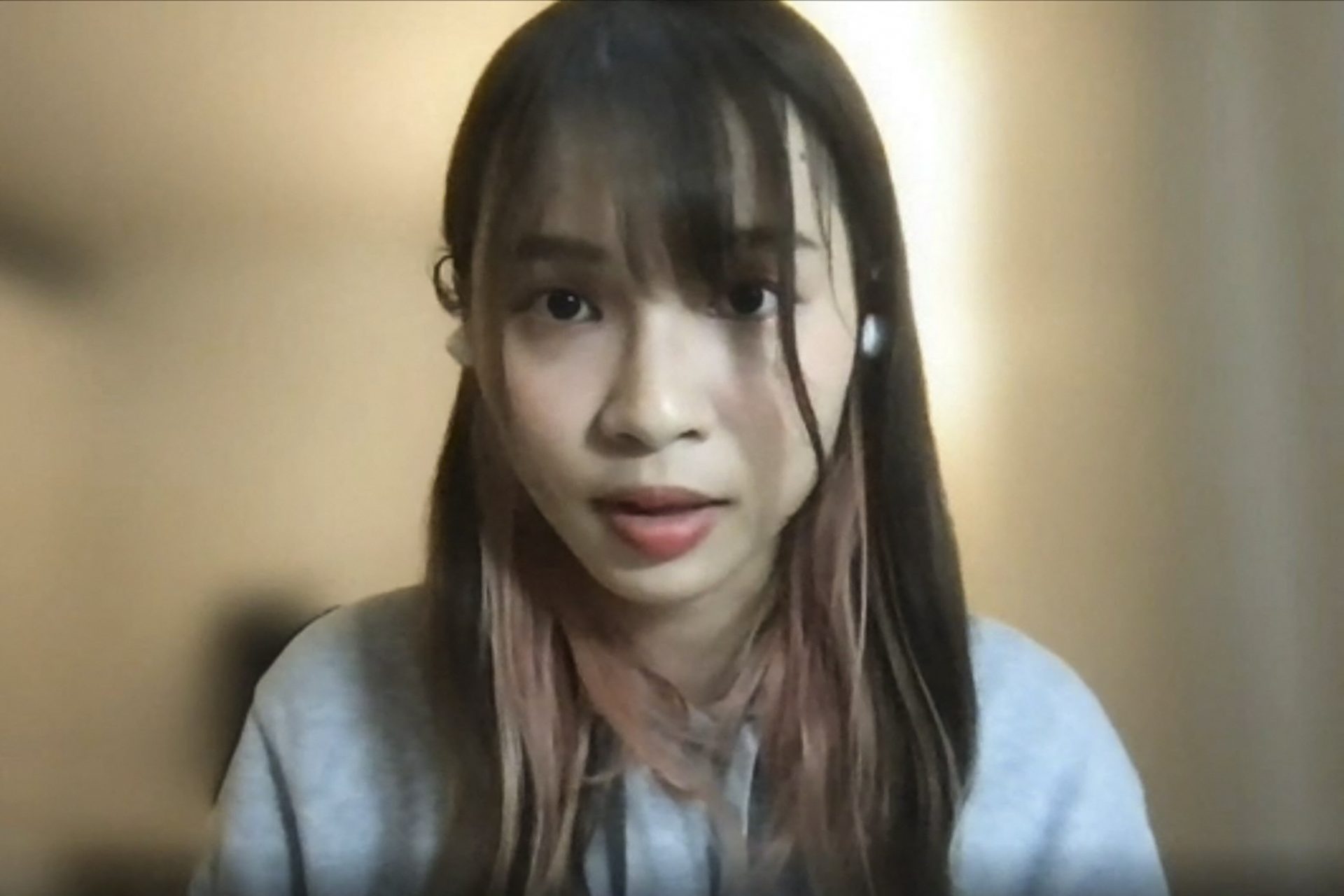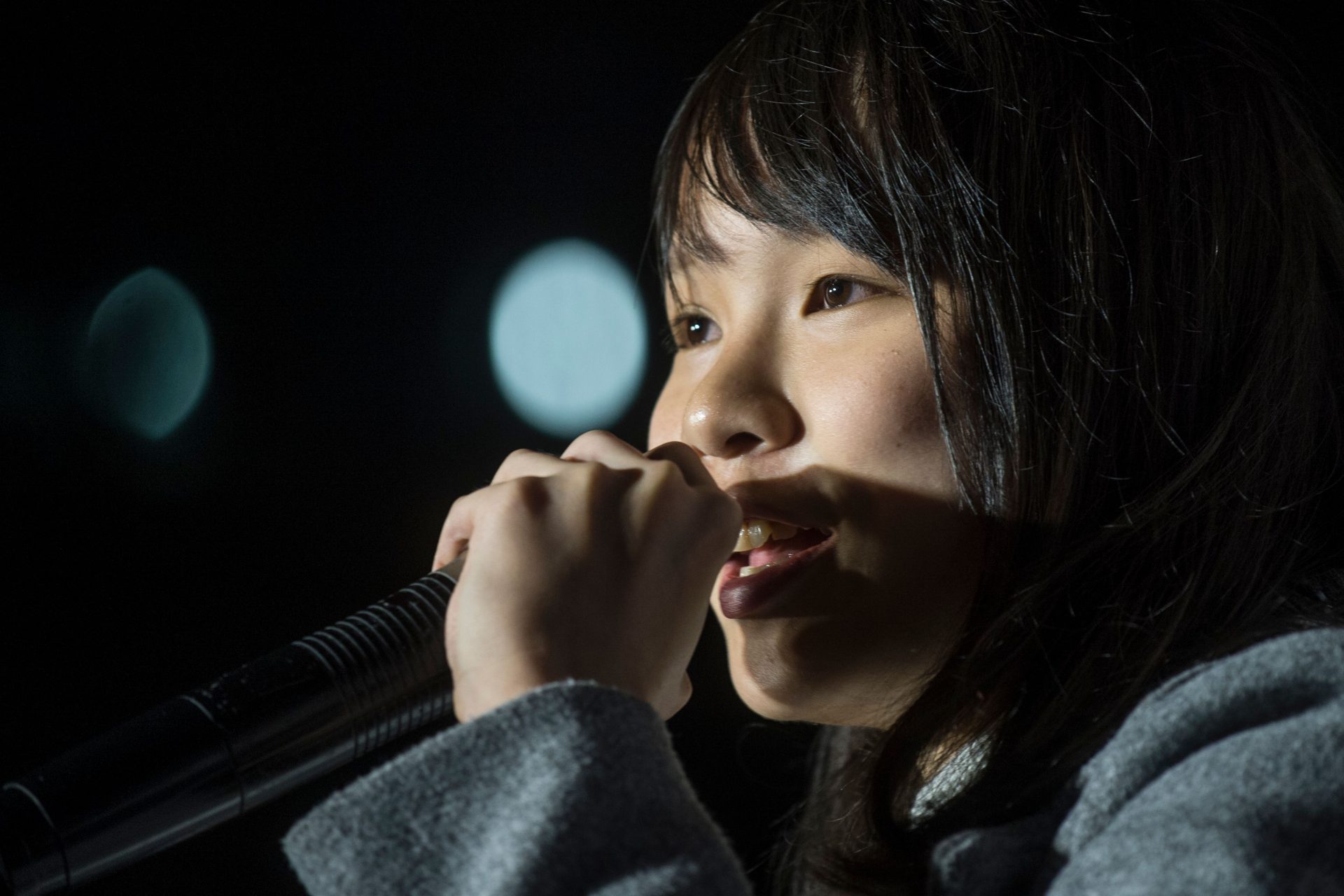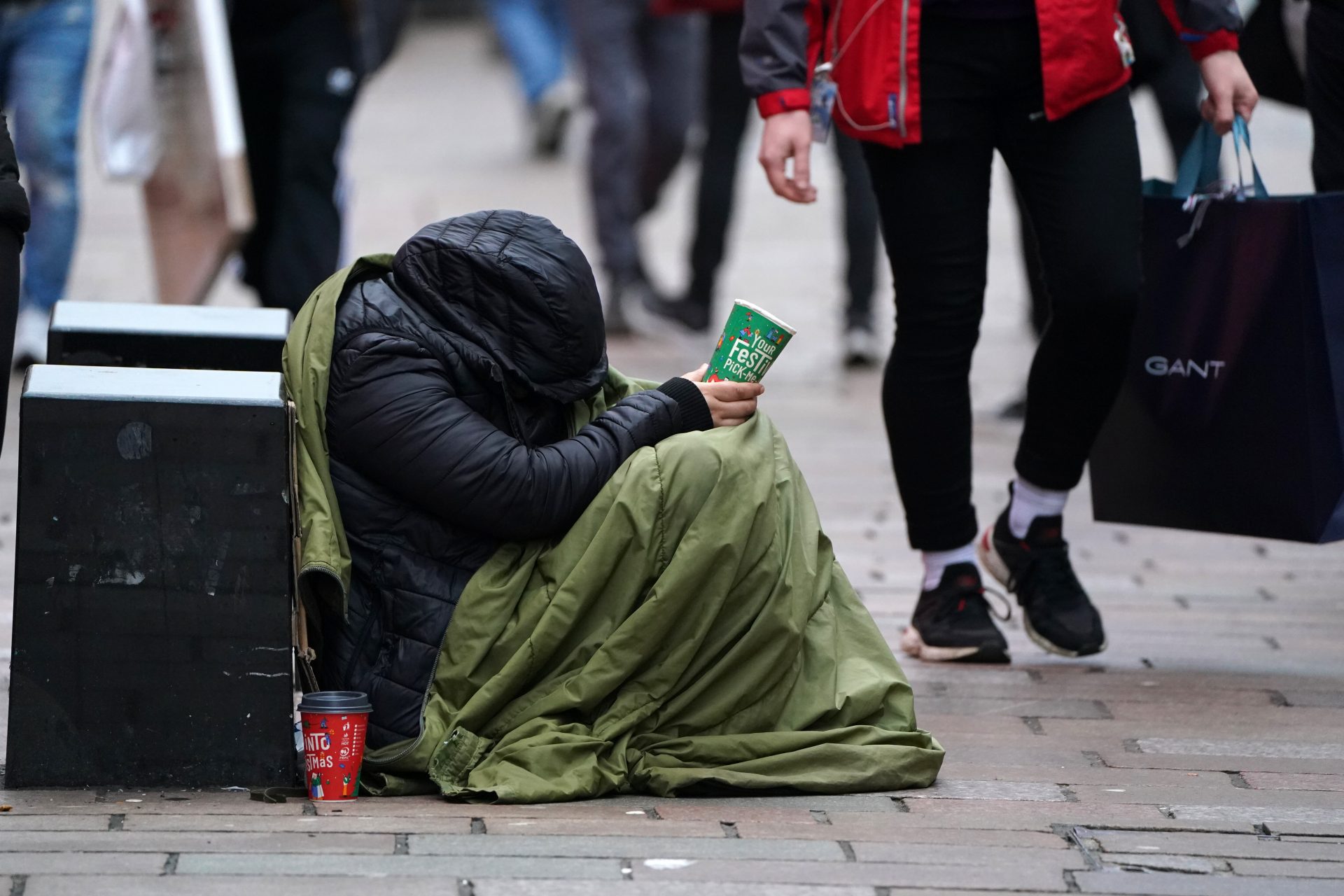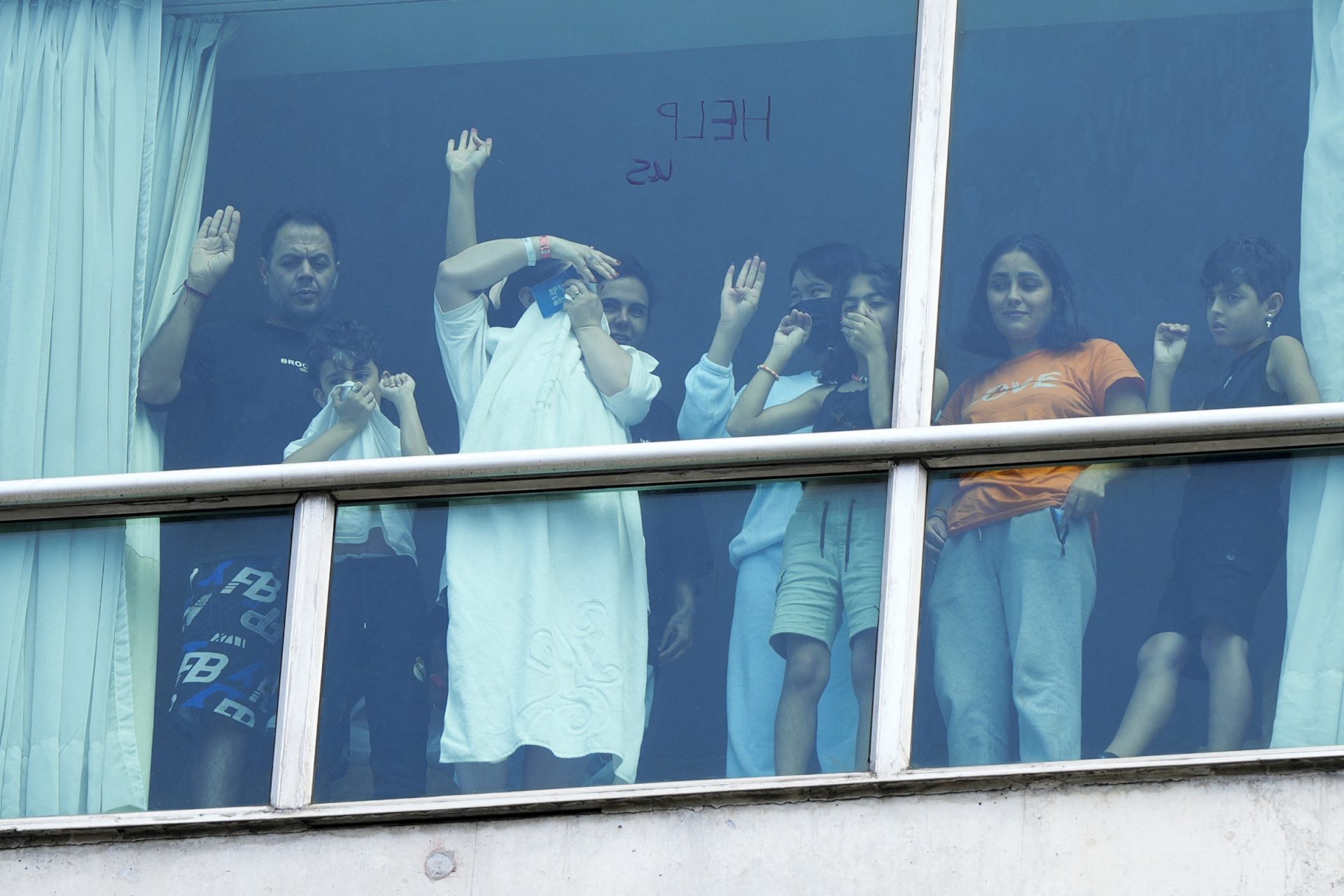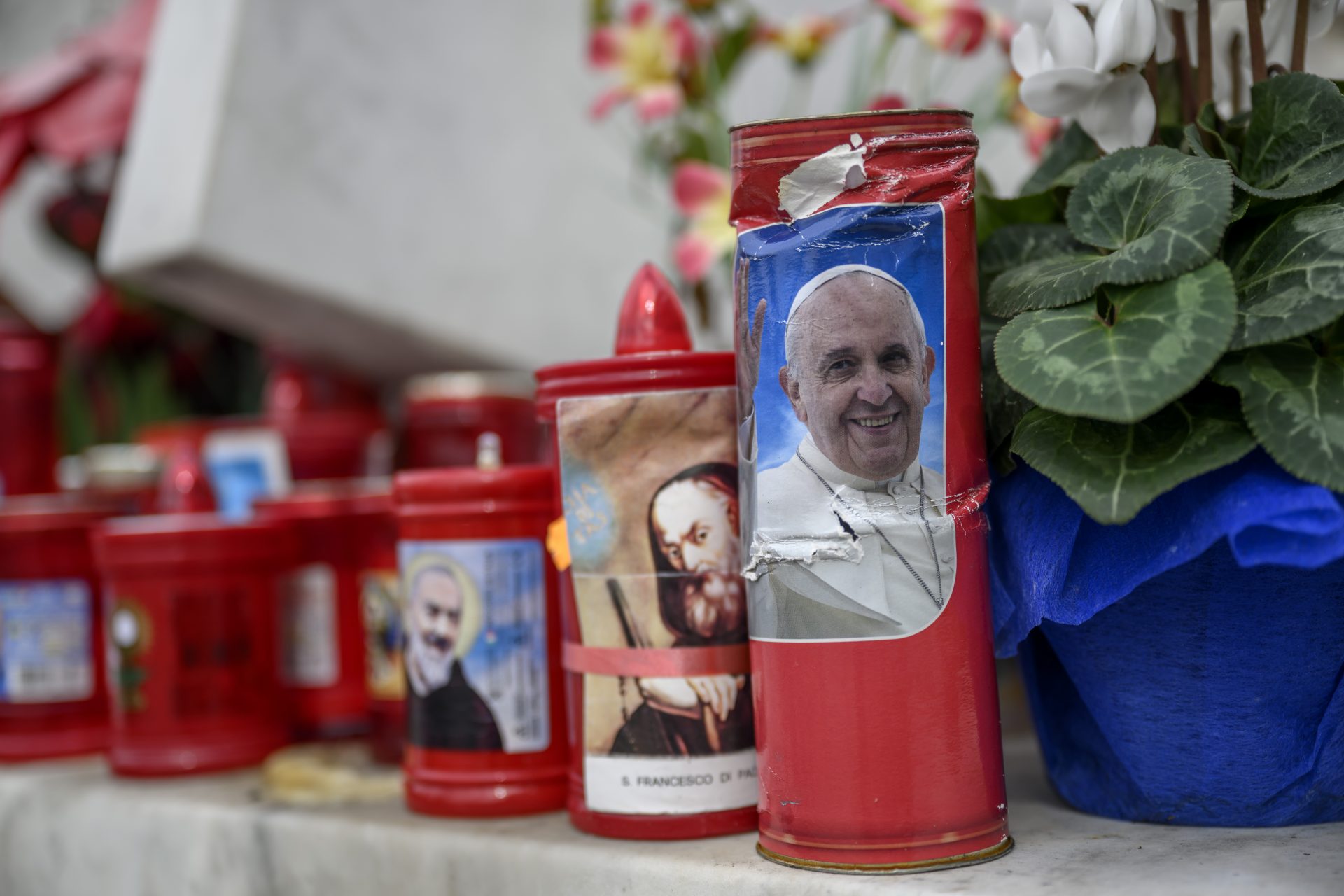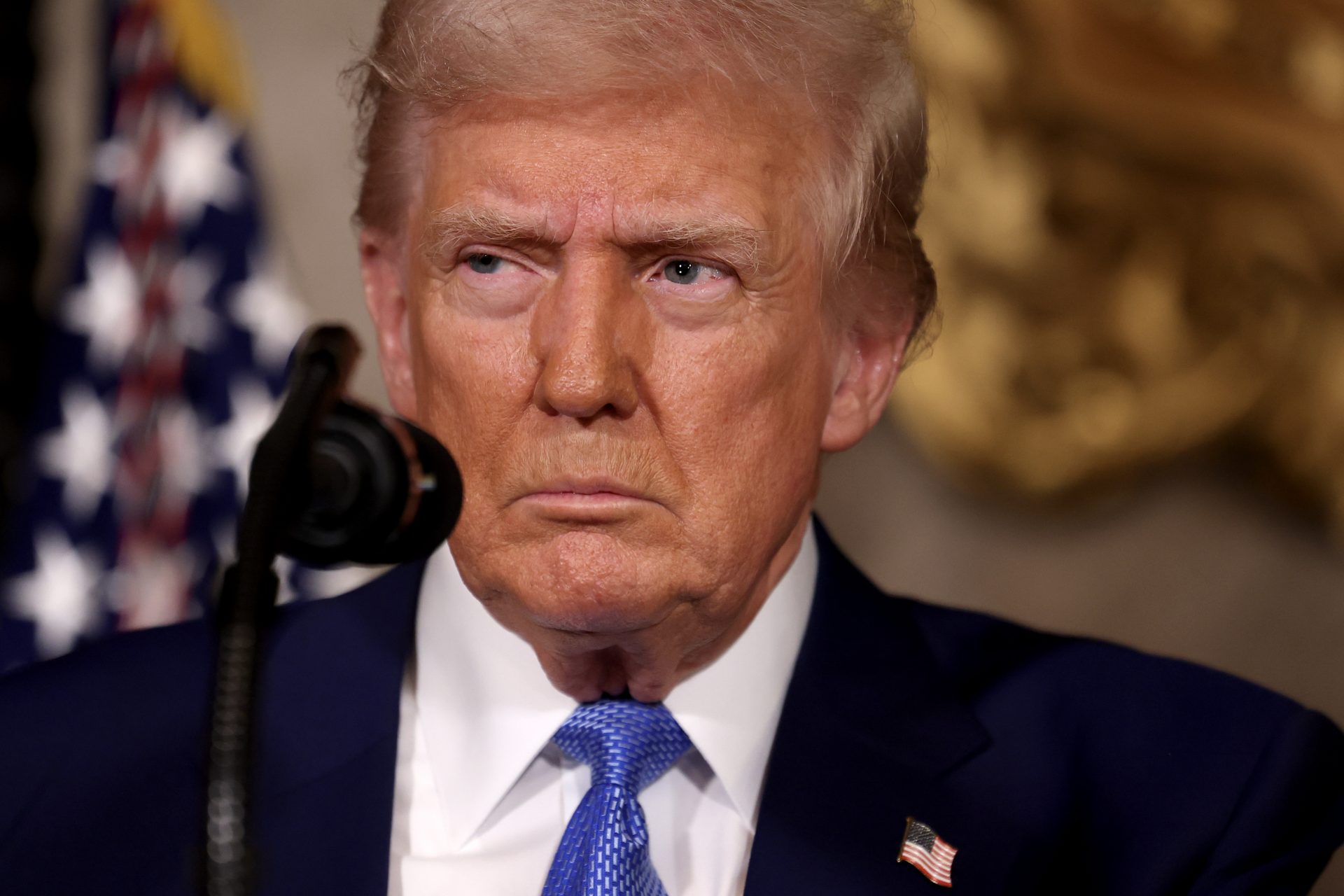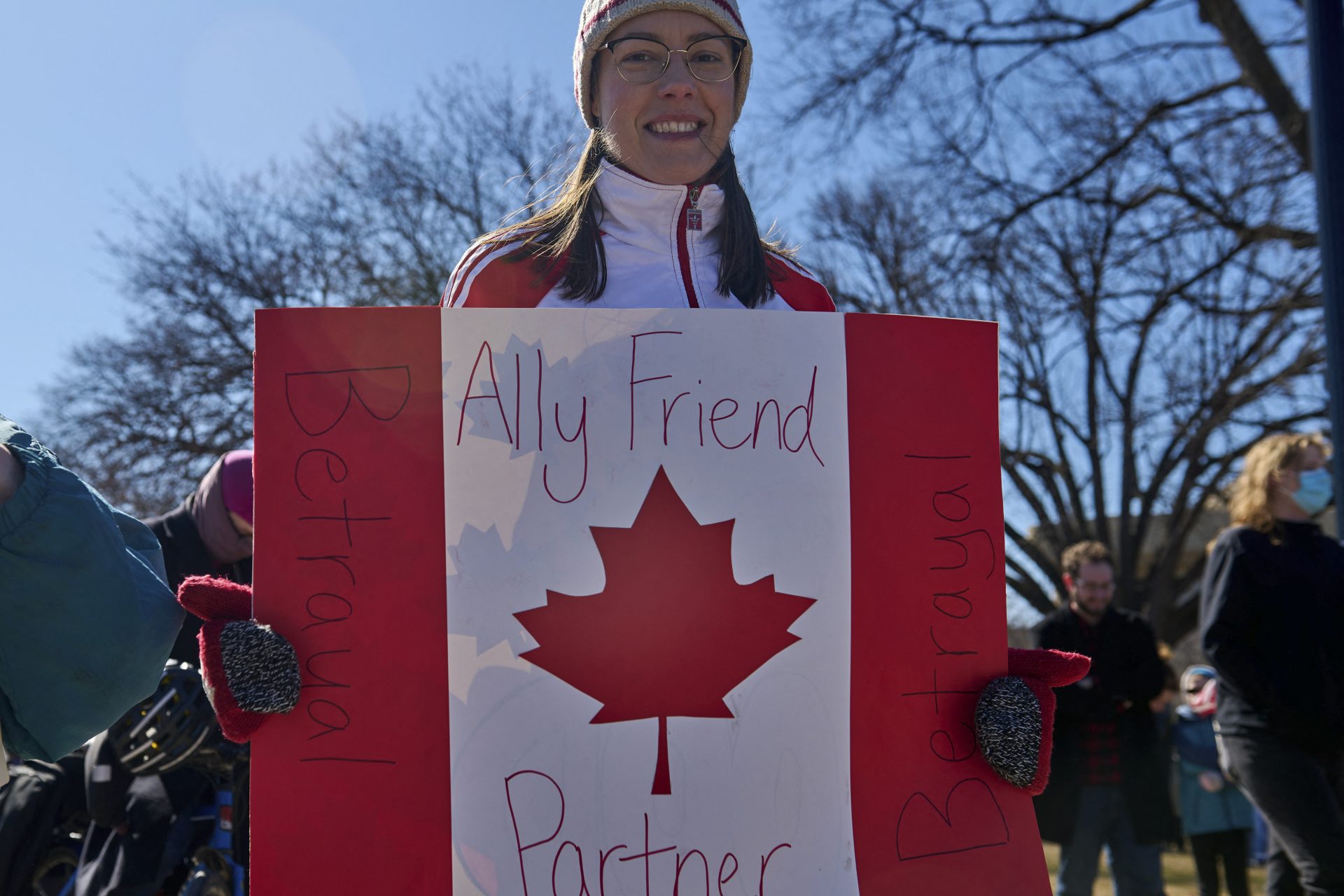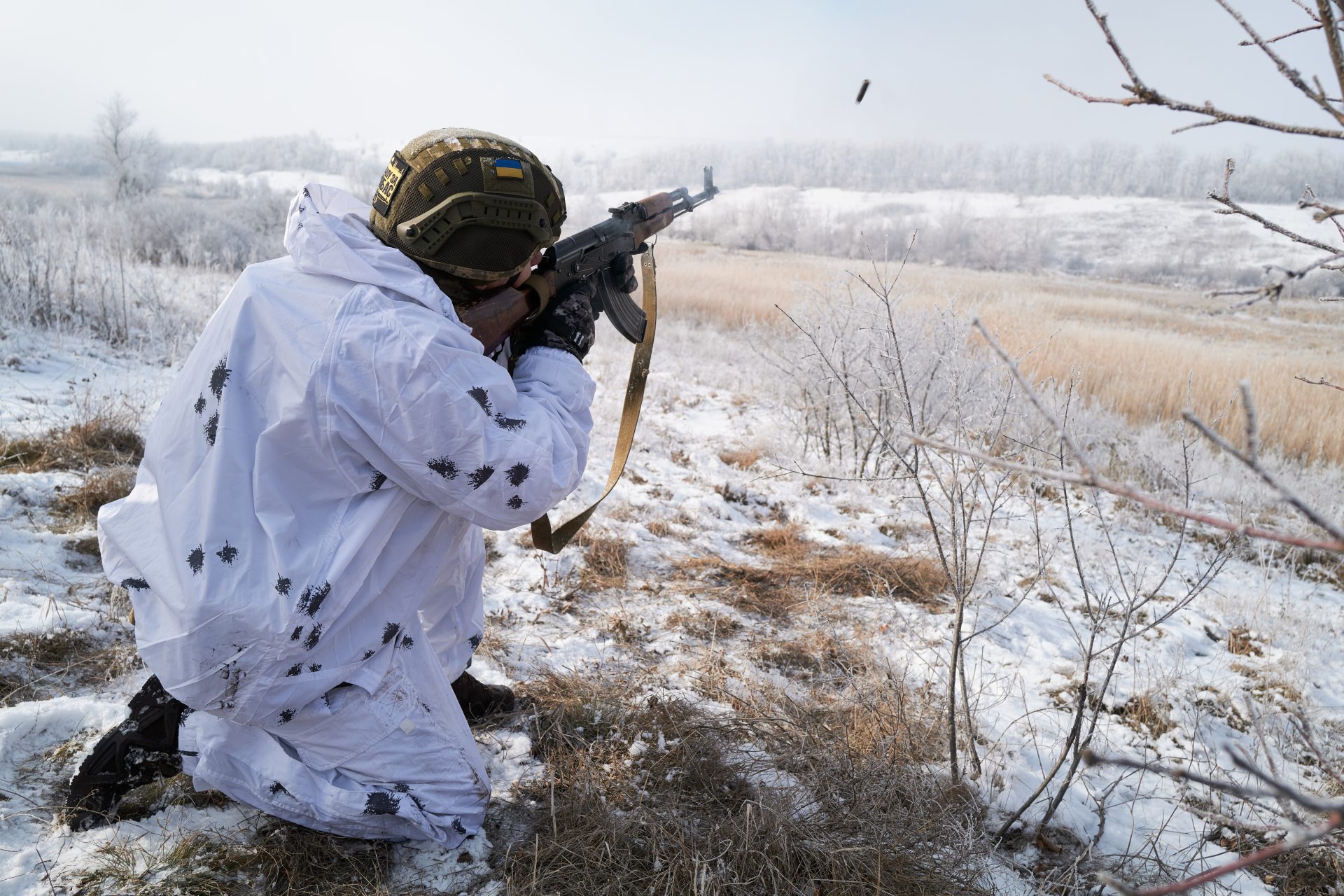Why Hong Kong activist Agnes Chow fled to Canada
In December of 2023, Hong Kong democracy activist Agnes Chow declared that she would "never return to Hong Kong" from Canada, where she was studying, effectively declaring her exile.
Chow said to The Guardian from Toronto that she was suffering mental health impacts as a result of the pressure and restrictions she was under in Hong Kong, awaiting trial on national security charges.
Chow, known in Hong Kong as the ‘Goddess of Democracy’ is a key leader of the youth-driven protest movements of 2012, 2014 and 2019, running the pro-democracy group Demosisto with fellow activist Joshua Wong and pushing back against Beijing’s increasingly authoritarian rule in Hong Kong.
She first became politically active at the age of 15, according to Wikipedia. At the time, the Hong Kong Education Bureau was trying to introduce a new curriculum, of “moral education”, that was critized for praising the Chinese government and denying democracy.
Image: Simon Shek via Wikimedia Commons
A student movement group, called ‘Scholarism’, was born. It opposed the introduction of this new curriculum, and it succeeded in organizing a large-scale movement that was able to abolish the introduction of “moral and national education.''
Image: VOA, Public domain, via Wikimedia Commons
On 18 August 2011 at the University of Hong Kong during a visit by Li Keqiang, the then-Vice Premier of the People's Republic of China, the school led to a lock-down and complete takeover by the Hong Kong Police force. Controversy arose as a result of claims by the media and students that their rights had been violated.
Image: Wikimedia Commons
In 2012, Chow was appointed as the spokesperson of the student activist group ‘Scholarism’.
Image: Wikimedia Commons
Then, in 2014, the so-called "Umbrella Movement" broke out. Its name arose from the use of umbrellas as a tool for passive resistance to the Hong Kong Police's use of pepper spray to disperse the crowd during the occupation of the city demanding more transparent elections.
Chow participated in the movement as a spokesperson. The sit-in and other movements that began on September 26 lasted for 79 days, but the results were not positive, and Chow resigned from her position at ‘Scholarism’ on October 10 due to intense stress.
However, the seeds of a young movement for democracy were steadily growing, and in 2016 she founded the pro-democracy political group Demosisto along Joshua Wong and Nathan Law, which advocated a referendum to determine Hong Kong's sovereignty with the goal of autonomy.
In 2017, Nathan Law was disqualified from the Legislative Council over the oath-taking controversy and was imprisoned with Joshua Wong for the storming into the Civic Square during the Umbrella Revolution.
After a series of disqualification of the Demosisto candidates, the party passed a resolution in January 2020 to abandon its advocacy for "democratic self-determination". After the passing of the Hong Kong national security law, the party's leadership resigned from their offices and the party disbanded on 30 June 2020.
In 2019, a major pro-democracy movement erupted in Hong Kong again. According to the BBC, the demonstrations began as a protest against the proposed extradition of suspects to mainland China, and evolved into large-scale demonstrations with "Five Demands" including universal suffrage.
Agnes Chow also participated in this movement. She traveled and held press conferences and lectures calling for the withdrawal of the proposed legislation of the extradition bill.
However, on August 30, 2019, she was arrested for “instigating the siege of the police headquarters during the protest movement”, according to Jiji press.
The following year, on June 30, 2020, the Hong Kong National Security Law (National Security Law) was enacted. Continuing the democracy movement under the law was life threatening for the activists so the group was disbanded.
Image: pro-democracy protest just before the law was enacted
However Chow was arrested on August 10, 2020 on suspicion of violating the National Security Act. She was granted bail in this case, but on November 23, she was found guilty in the case for which she was arrested the prior year. She was sentenced to 10 months in prison.
Image: Chow responding to an interview after her arrest in 2020
She was released from prison on June 12, 2021 after completing her sentence (it was shortened because she was a model prisoner). However, the investigation into the violation of the National Security Act had not been concluded at this point, and she didn’t give any public statements until December 2023.
Chow later spoke about what happened during this period in an interview with AFP. She had no contact with other activists and her passport was revoked. However, in July 2023, she received a proposal from the police to be allowed to study in Canada if she visited companies in mainland China accompanied by security officials and wrote a letter of apology.
According to the AFP interview, although there was no guarantee that the promise to allow her to study abroad would be kept, Chow followed the proposal and started studying in Canada from September 2023. In the letter of apology, she was made to swear that she would no longer be involved in democracy movements or have any contact with other dissidents. However, since she was still on bail, she was required to appear before the authorities once every three months.
On December 3, as the deadline for her appearance approached, Chow broke her almost three-year silence and declared on social media that she would "never return to Hong Kong." She also announced her intention to seek asylum in Canada.
In response to Chow's defection, Hong Kong's top government official, Li Jiachao, held a press conference on January 5, 2024, strongly condemning the situation, stating that such "fugitives" will "be pursued for the rest of their lives unless they turn themselves in," Bloomberg reported.
According to AFP, in response to the government's message, Chow said: “The Chinese government is using the National Security Law and Hong Kong's legal system as political tools to slander and oppress dissidents.''
In an interview with the Japanese media outlet Sankei Shimbun, Chow said that she made the decision to stay in Canada by considering the situation in Hong Kong, her own safety, and her health. She also said that she’s not sure how safe she is there, as there are reports that there is a Chinese secret police presence in Canada.
More for you
Top Stories



